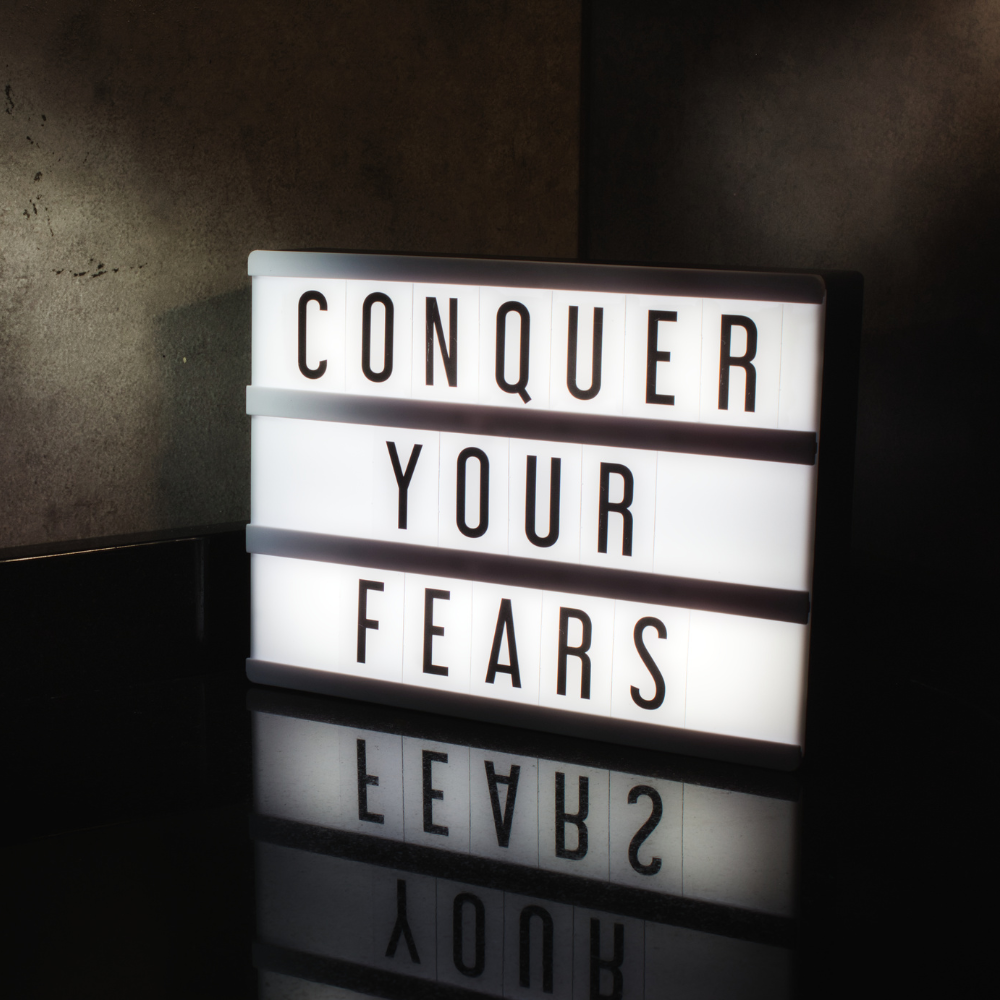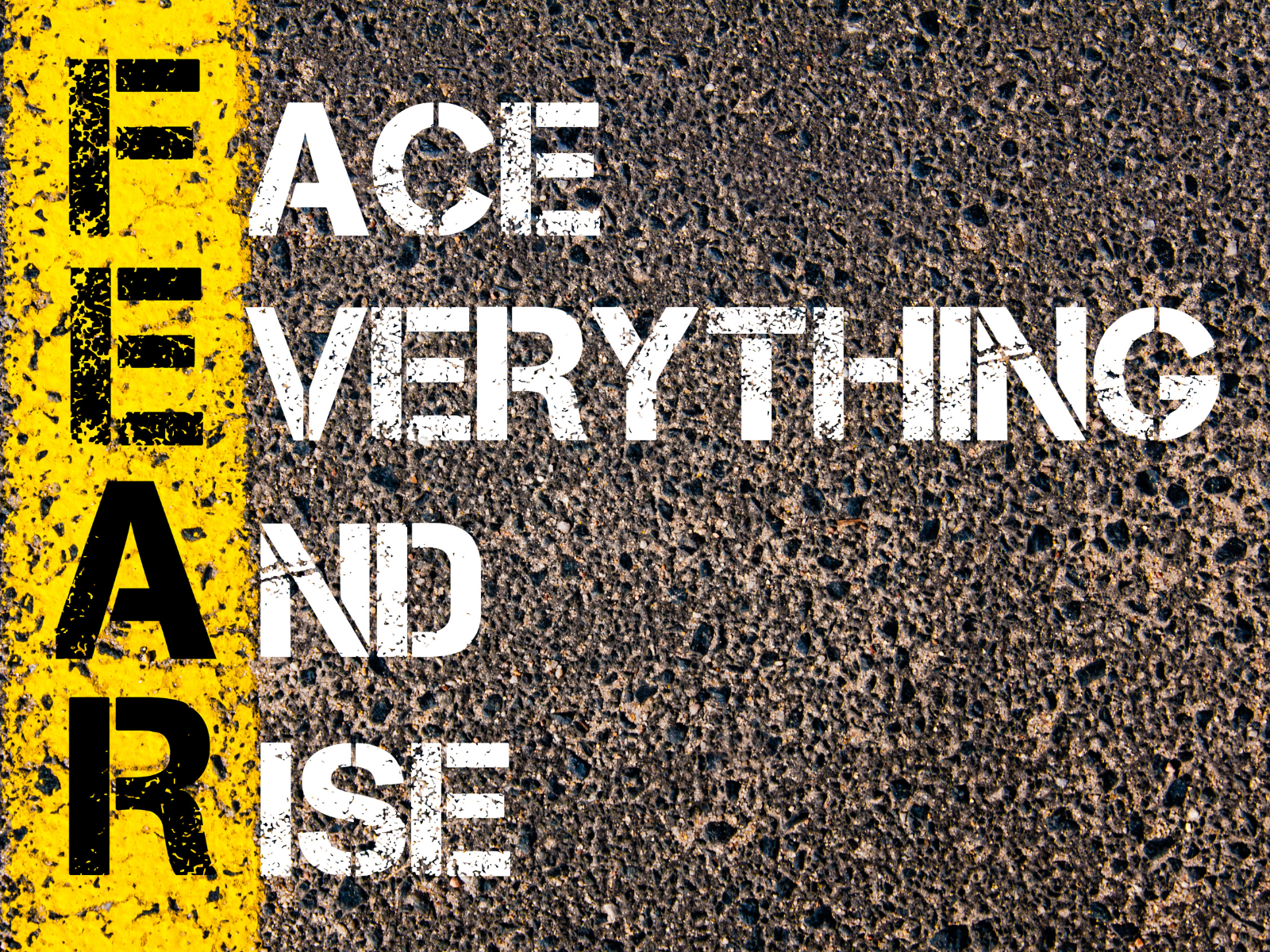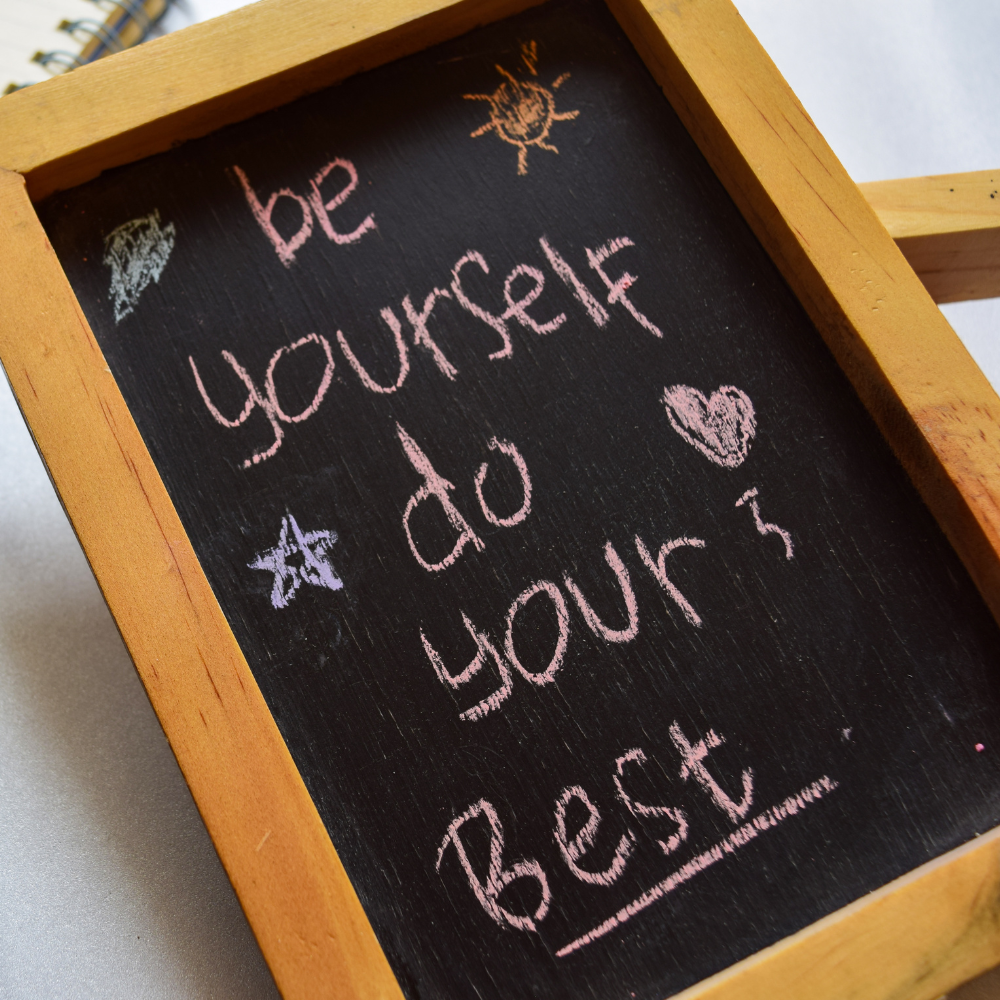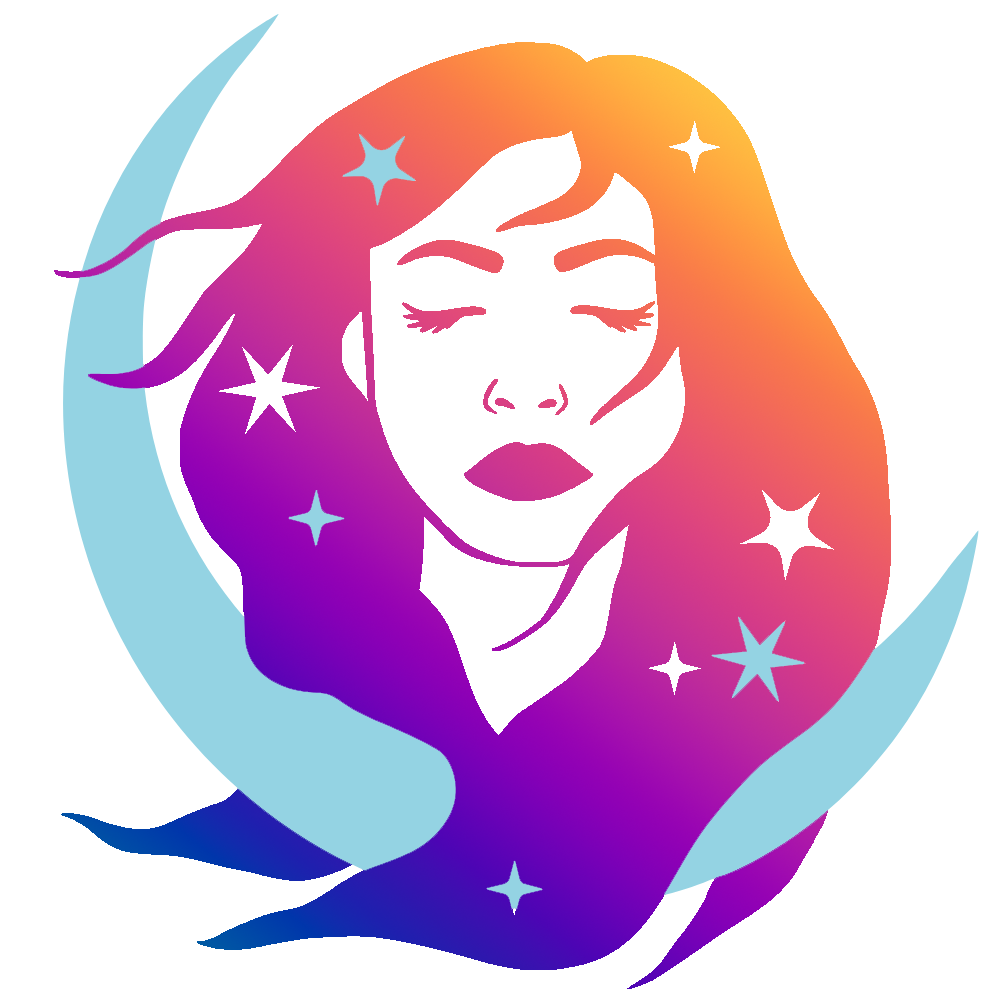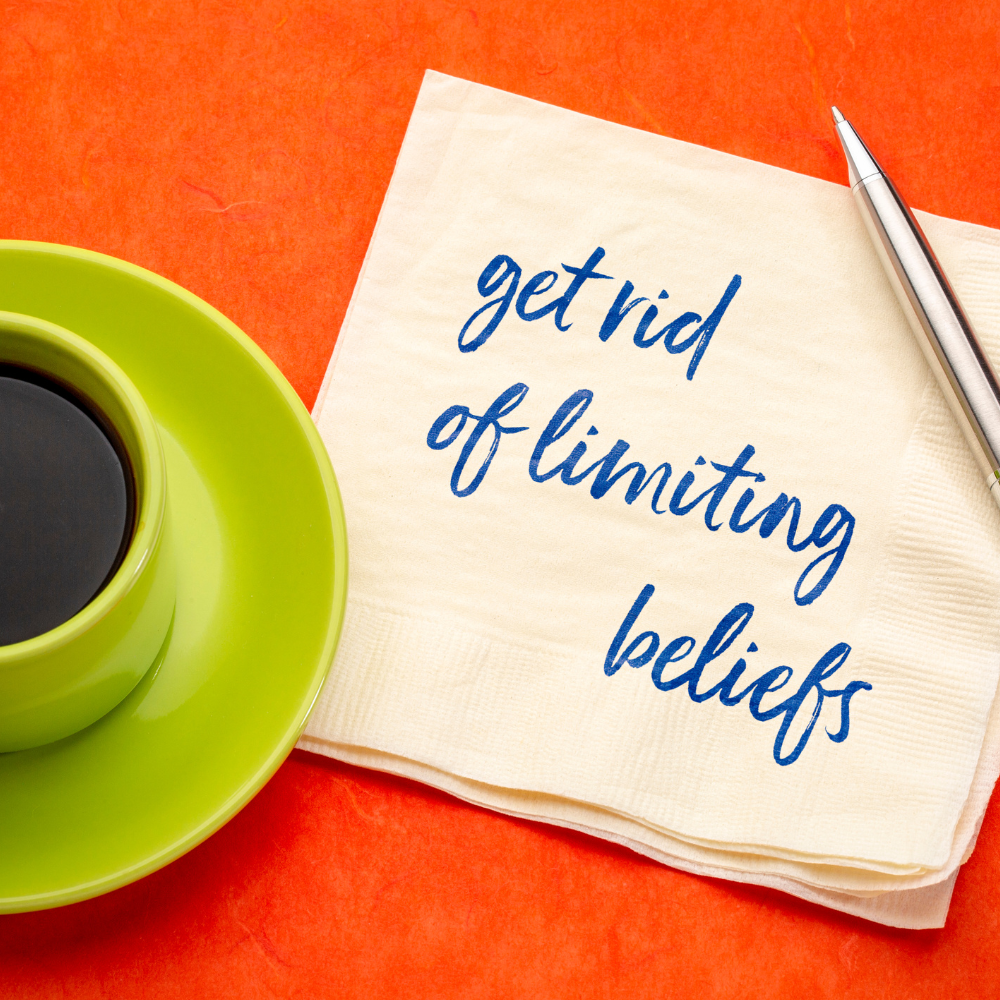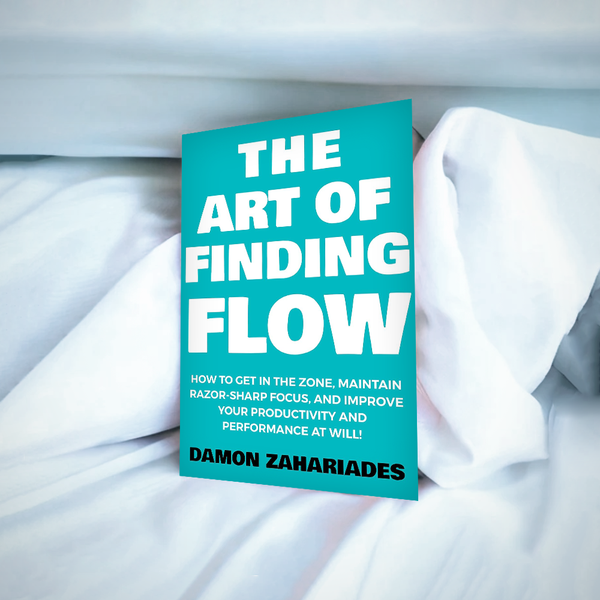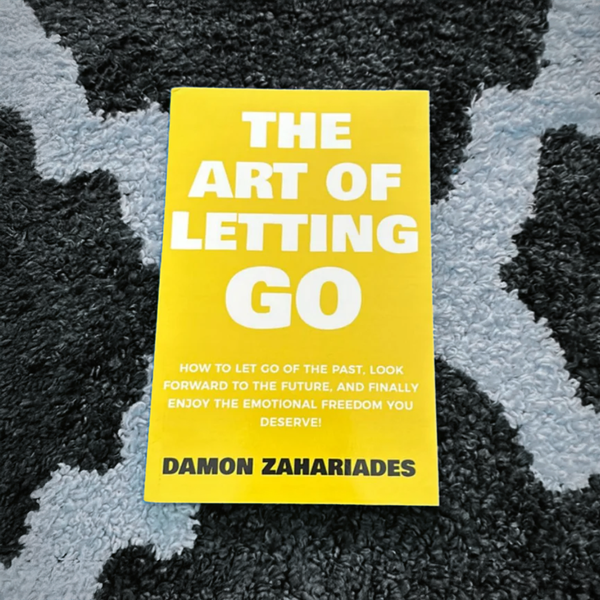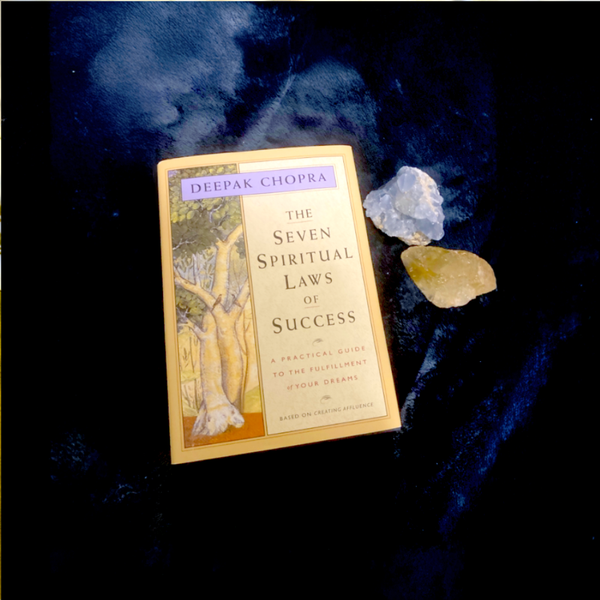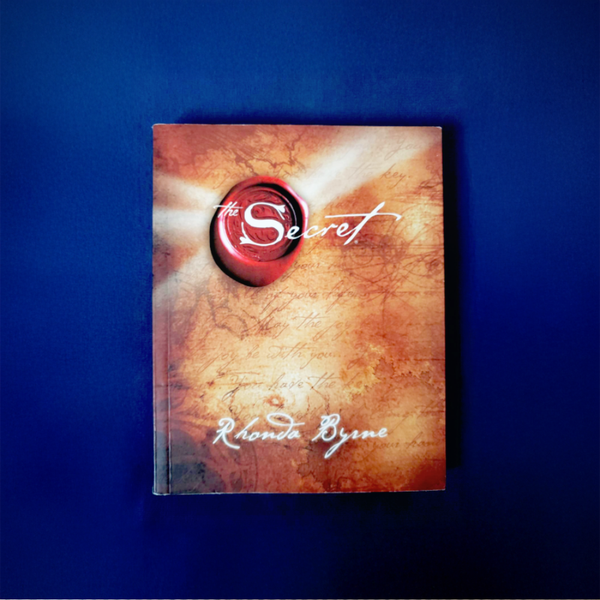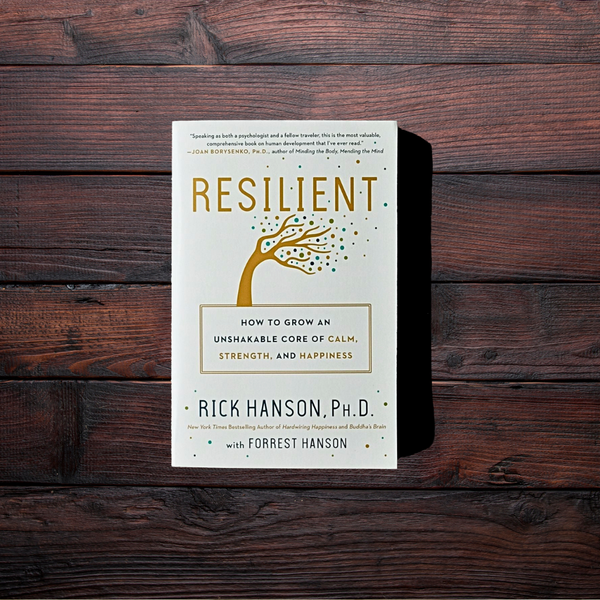Are you an aspiring artist overwhelmed by feelings of self-doubt?
Do you avoid your projects because the anticipation of possible failure is too much to bear?
Creativity, though often seen as simply an individual act, is actually intertwined with our emotional and mental state.
When we focus more on what's lacking rather than what can be achieved, not only do we discourage ourselves from creating something amazing - but we cut off our ability express unique perspectives that others haven't experienced yet.
If you're an artist, it's likely that you've struggled with some level of self-doubt in your creative practice.
Whether it’s feeling intimidated when comparing yourself to other artists, berating yourself for ‘not being good enough’ or simply just feeling overwhelmed by how difficult making something perfect can be – self-doubt is the worst enemy of creativity.
But what if you could overcome this shadow of doubt? It can be done!
It's normal to feel uncertain when starting a new project or stepping into unfamiliar territory.
But we need to tackle our apprehensions head on - don’t let it stop you from creating things!
Self-doubt can be paralyzing and dim the light of creativity, but with some grit and courage, there are ways to overcome it.
Welcome to the world of self-doubt, the notorious party pooper in the creative process.
It's like that uninvited guest who shows up at your door and refuses to leave, no matter how many times you ask (or beg).
In today’s blog post we're going to delve into how self-doubt affects creativity and provide practical tips for overcoming it so you can cultivate your own artistic voice!
Let's discuss why fear can derail us as creative minds, tangible steps for building up self-confidence and trust in yourself – ultimately keeping yourself motivated well beyond any initial spark of inspiration.
Join us on this journey today and say goodbye to letting self-doubt get in the way of your artistry!
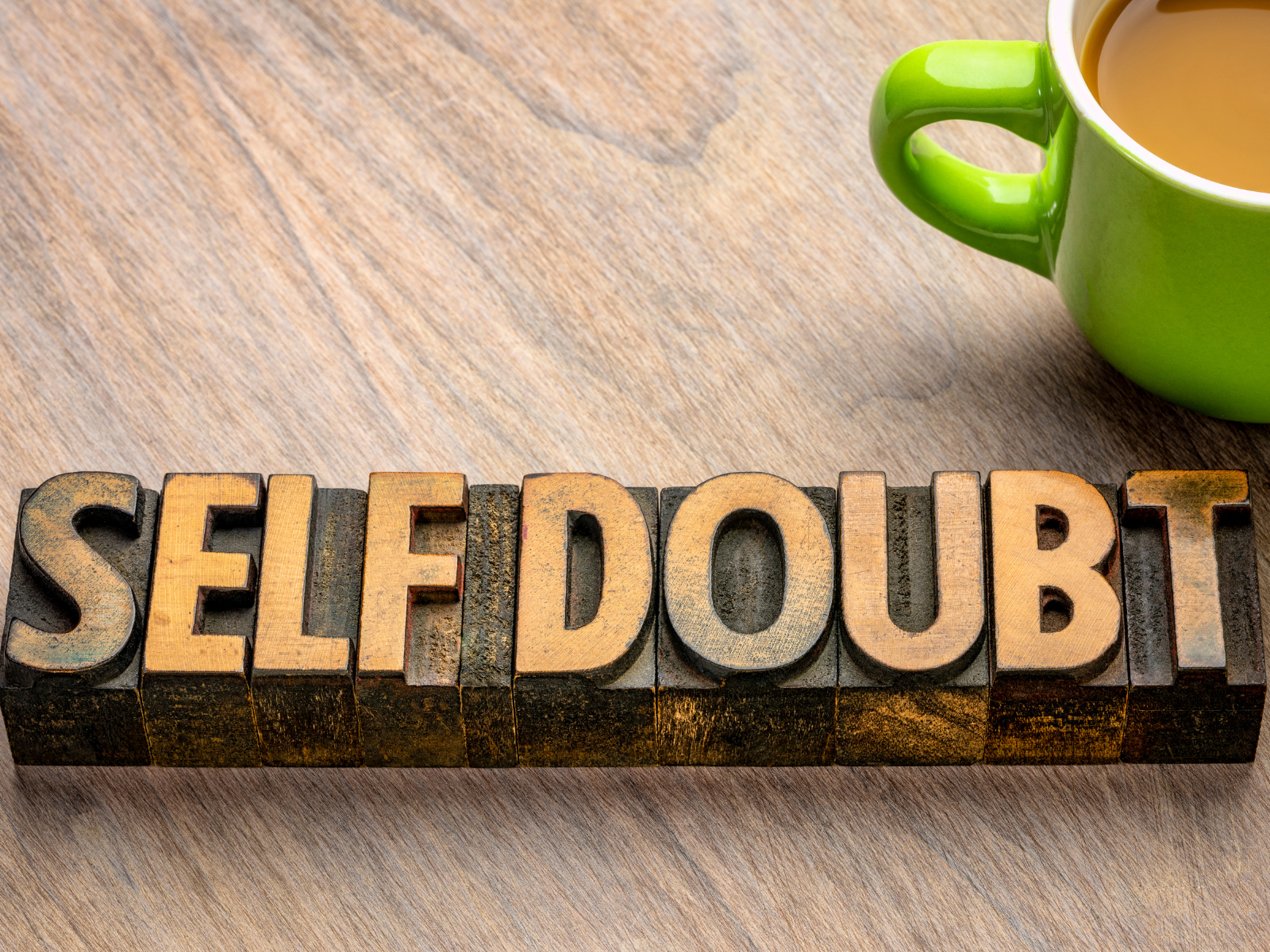

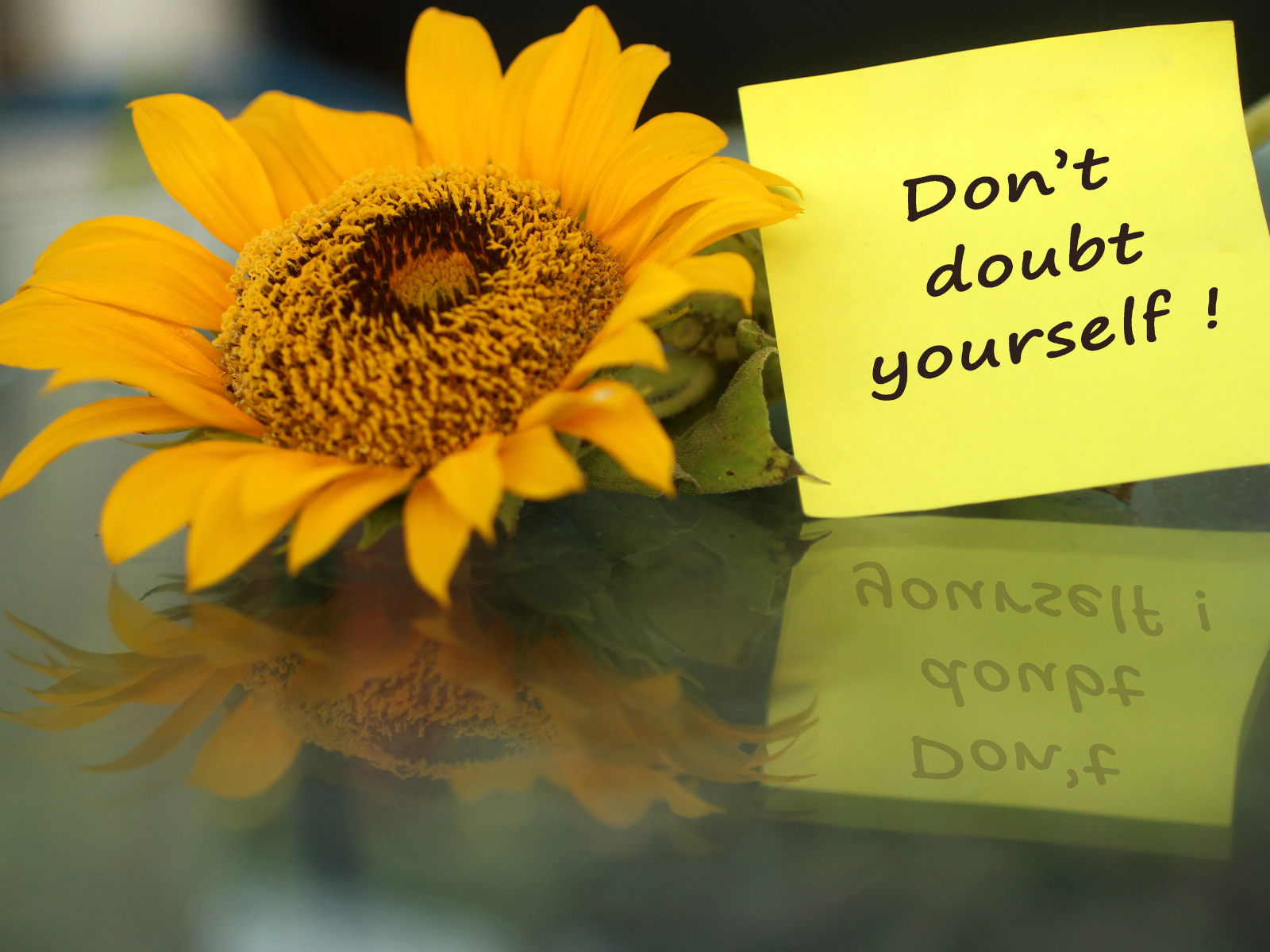
The Self-Doubt Monster
Picture this: you're sitting at your desk, a blank canvas or document in front of you, ready to unleash your creativity into the world.
And then... it hits you.
That nagging voice in the back of your mind whispering, "Can I really do this? Am I good enough?"
This is self-doubt, the nemesis of creativity, whispering insidious fears and insecurities into our ears.
No matter how talented or experienced you are, it's a fact that self-doubt is a common enemy of creativity.
The feeling of not being good enough or the fear of failing can paralyze even the most creative minds.
It's a feeling that can sap your energy, destroy your confidence, and prevent you from creating anything worthwhile.
It's like a dark cloud that hovers over us, blocking the sunlight of our creative potential; it's that little voice telling us we're not good enough, we can't nail the idea, and we should probably give up now before we embarrass ourselves.
Fear, limiting beliefs, and self-doubt hold us back from achieving our full creative potential.
Sounds familiar?
Don't worry, you're not alone; many creatives, including some of the most successful ones, struggle with self-doubt.
But the good news is that it doesn't have to hold you back!
And here's a plot twist: self-doubt can sometimes spur creativity.
When we feel uncertain, we tend to overthink and analyze our work more, producing unique and innovative ideas.
The key is learning how to manage self-doubt so it doesn't drown out your creative voice entirely.

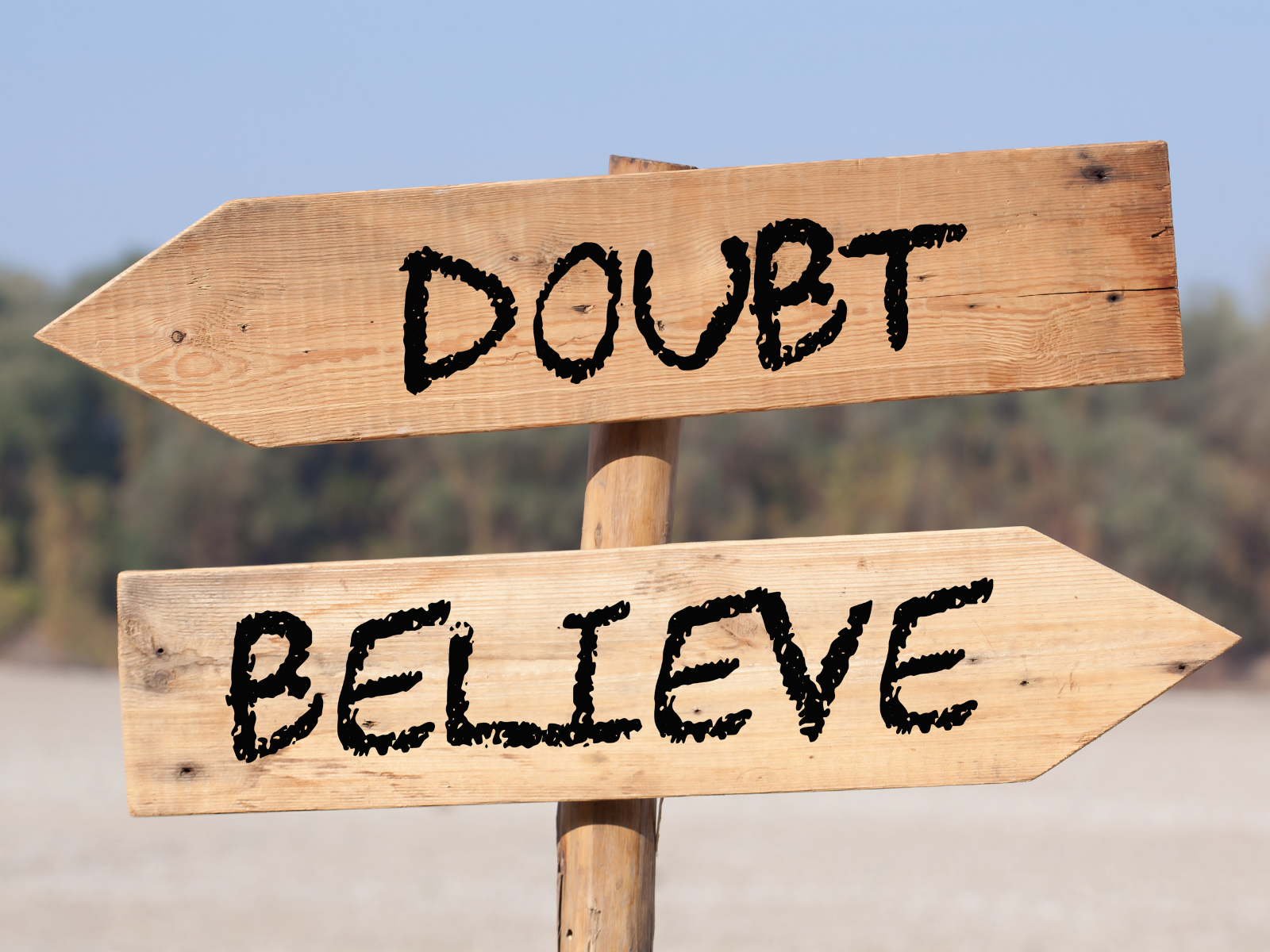

The Roots of Self-Doubt
Self-doubt is a state of mind that questions our abilities and worthiness.
It's the nagging feeling that our creative efforts aren't good enough or that we're not truly creative.
It can stem from various sources such as past failures, negative feedback, comparison with others, or high personal expectations.
Self-doubt often stems from a lack of self-confidence or fear of failure.
It can also be triggered by your own experience where you may have received negative feedback or faced rejection.
These past experiences can create a deep-rooted fear of not being good enough, leading to self-doubt in future creative endeavors.
It's also important to recognize that self-doubt is often accompanied by perfectionism.
We want our work to be flawless and when we fall short of this expectation, it reinforces feelings of doubt.
But where does this pressure to be perfect come from?
In today's society, we are bombarded with images and messages promoting perfection.
Social media, advertising, and even our own inner critic constantly tell us that we need to be perfect in order to be successful or valued.
This unattainable standard can easily seep into our creative pursuits, causing self-doubt when our work doesn't measure up to this unrealistic expectation.
It's important to recognize that self-doubt is a natural part of the creative process, but it doesn't have to control us.
When it comes to creativity, self-doubt can manifest in many ways.
It could show up as procrastination, lack of motivation, constant editing without progress, or inability to share our work due to fear of criticism.
These behaviors can be detrimental to our creative process and limit our true potential for growth.
It's essential to identify these patterns so we can better manage them and shift our focus back to creating.
The impact of self-doubt on creativity is profound.
It can stifle the flow of ideas, hinder our ability to take risks, and ultimately, prevent us from realizing our creative potential.
Consider the story of renowned author J.K. Rowling; before her Harry Potter series became a global phenomenon, Rowling faced numerous rejections and battled immense self-doubt.
Her story is a powerful reminder that even the most successful creators grapple with self-doubt.
But with self-awareness and intentional steps, we can overcome this creative roadblock and unleash our full potential.
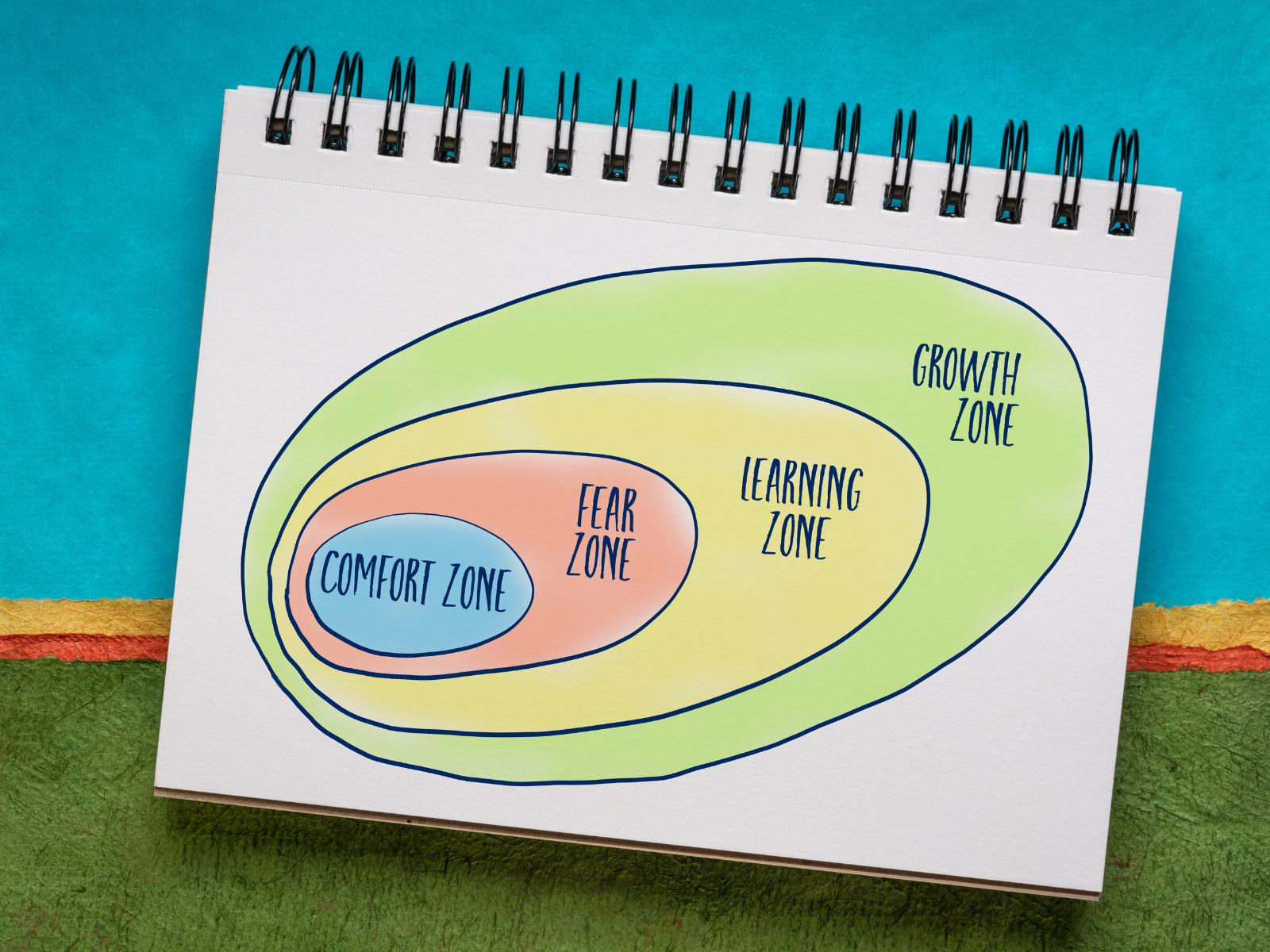
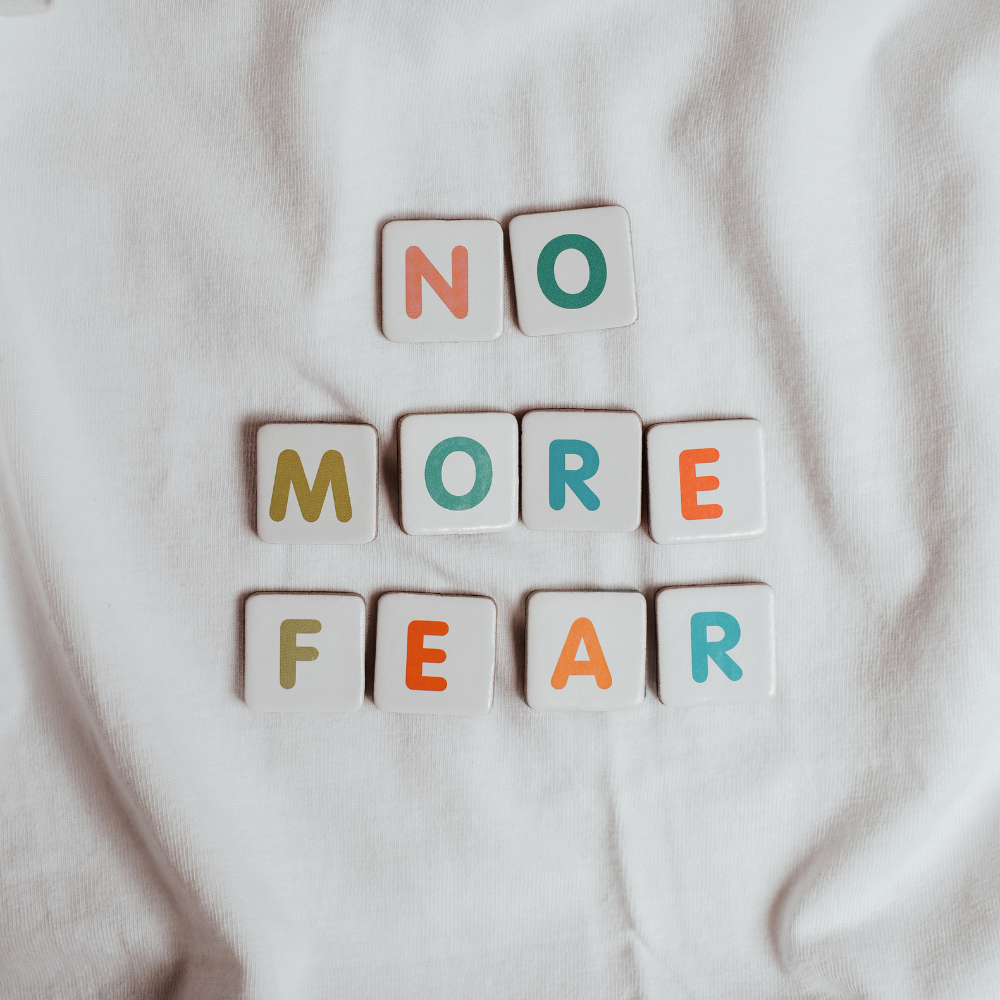
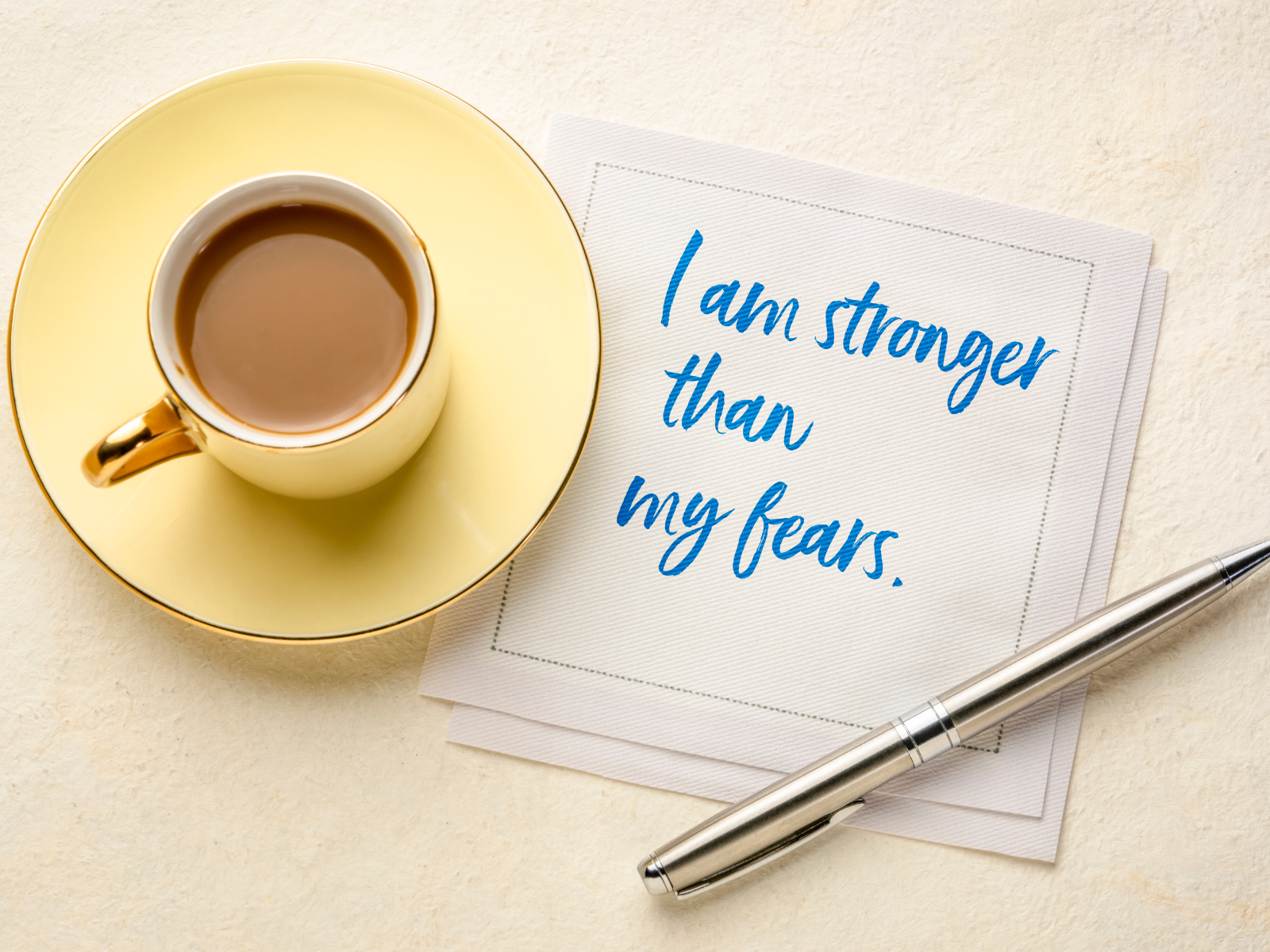
A Necessary Evil?
Here's the deal -- self-doubt isn't all bad.
It can make us question our ideas, and in doing so, push us to come up with even better ones; doubting ourselves can lead to creativity because it makes us less likely to settle for our first idea.
However, the key is not to let self-doubt become a roadblock.
It's like a speed bump that slows us down so we can check our creative map, not a giant wall that stops us from moving forward.
Additionally, experiencing self-doubt means that we're taking risks and stepping out of our comfort zone.
It's a sign that you're pushing yourself and challenging your own creativity, which is essential for growth.
It's important to recognize that self-doubt can serve as a tool in our creative process, but it shouldn't control us.
So, how do we strike a balance between embracing the benefits of self-doubt while also preventing it from holding us back?
The key is learning to manage and use it to our advantage.
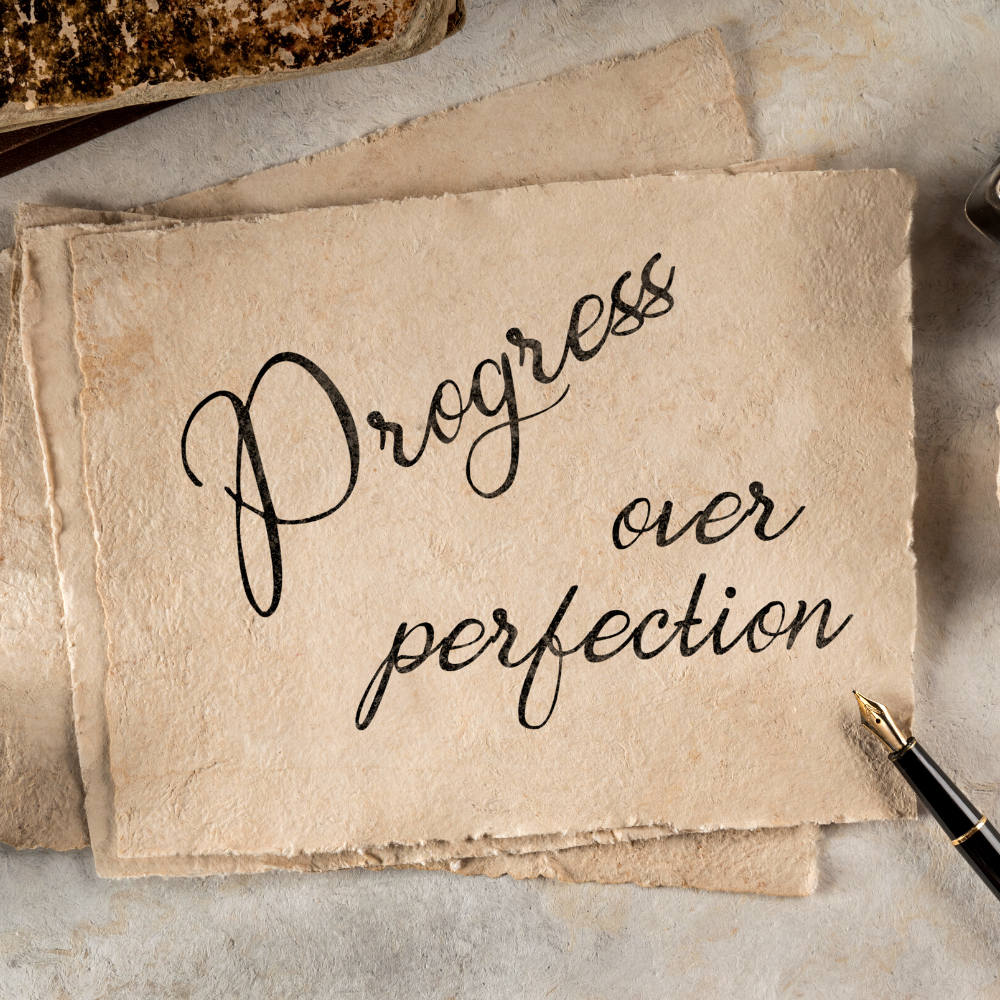
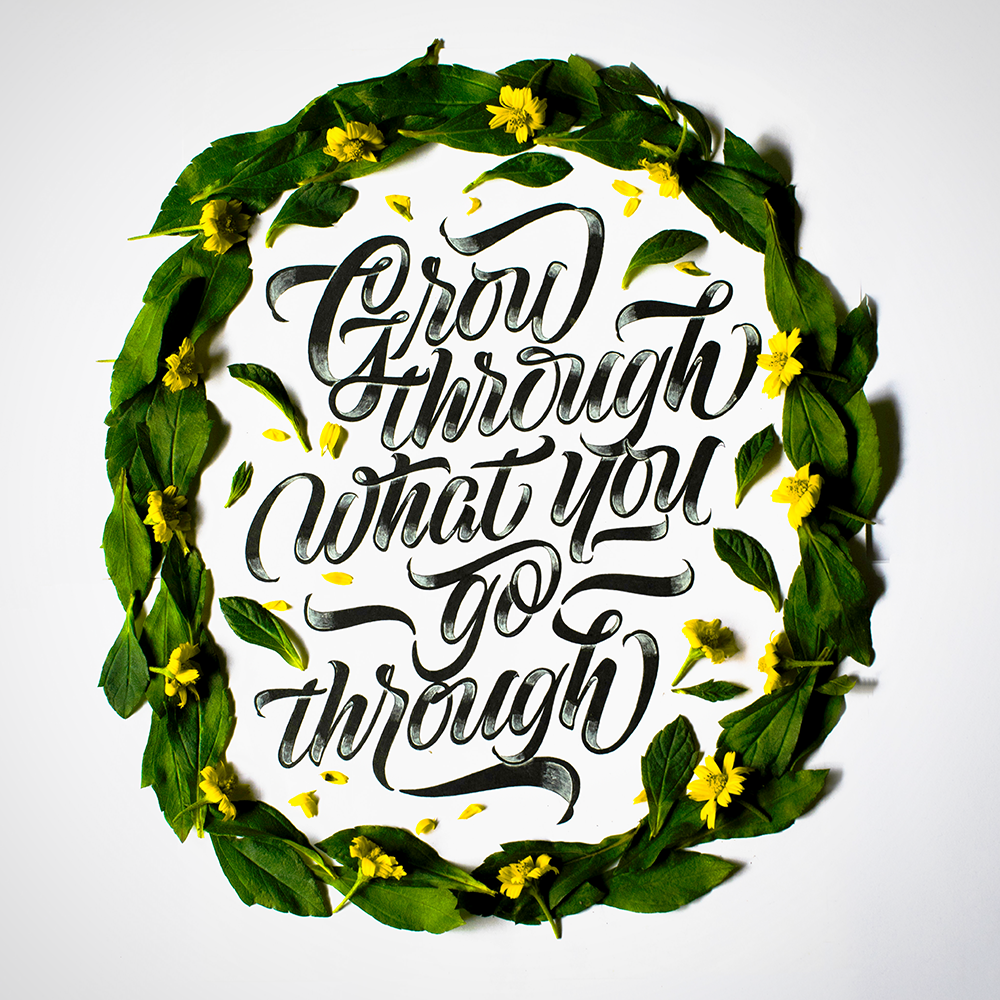
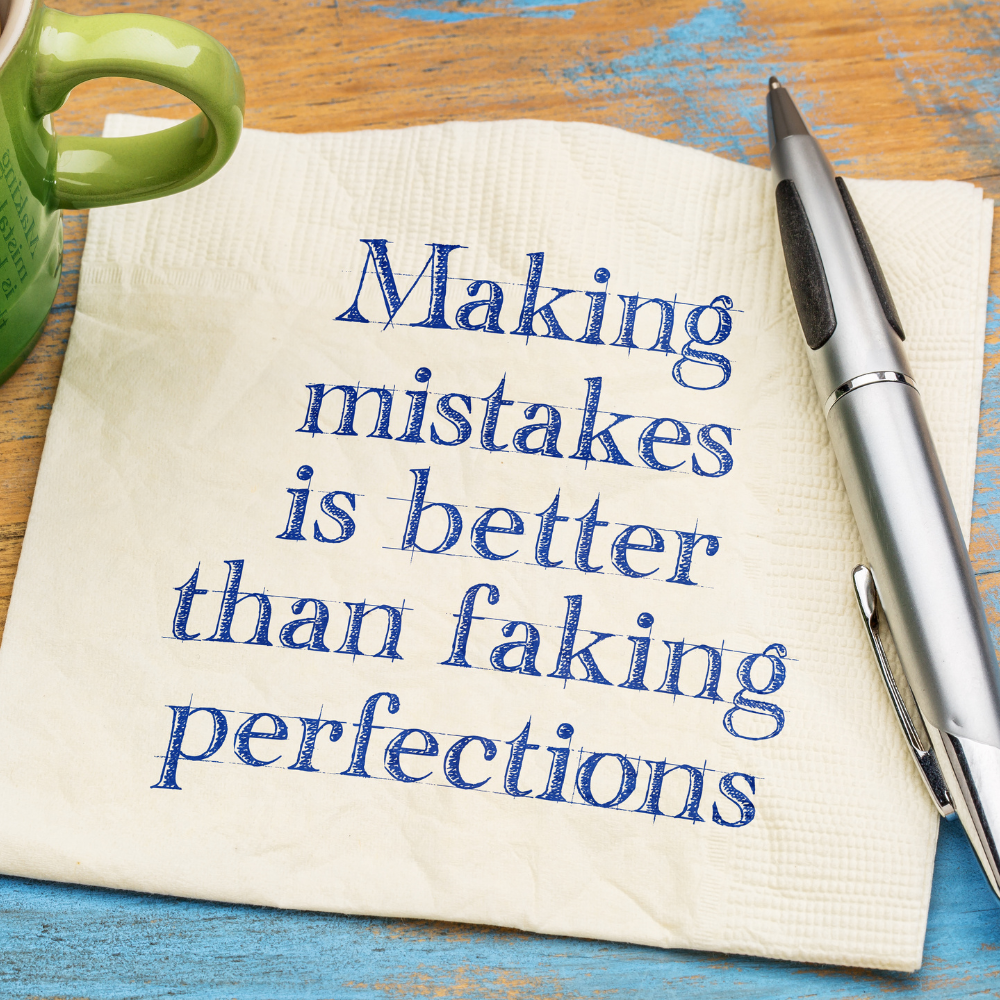
Overcoming Self-Doubt
The first step towards overcoming self-doubt is awareness and acknowledging its presence.
Recognize the signs of self-doubt and negative self-talk.
Everyone has critical thoughts that run through their minds from time to time, but those who suffer from self-doubt may have negative thoughts more frequently.
These negative thoughts can manifest in different ways, such as procrastinating, being excessively critical of your work, or constantly seeking validation from others.
Don't try to push your own thoughts away or deny their existence; instead, acknowledge them and work on shifting your focus back to creating.
The next step is to challenge those negative thoughts because it's essential to reframe those thoughts and challenge the beliefs surrounding them.
One good technique is to ask yourself if it's really true, or if there's evidence to support the feeling.
More often than not, there isn't.
Another helpful tactic is to think of the worst-case scenario and realize that even if it does come true, it's not the end of the world.
In fact, failure can be a valuable learning experience.
Another effective way to beat self-doubt is to remind yourself of past successes.
Look back on your creative accomplishments and remind yourself of how far you've come.
This can help to boost your confidence and remind you that you are capable of creating something worthwhile.
Collaborating with others can also help.
Seek out feedback from creative people you trust and who have experience in your field.
Share your work and ask for constructive criticism to help you improve; this can also help you to learn and grow as a creative.
Lastly, it's important to take action.
Nothing can beat self-doubt like taking action, even if it's just a small step.
Break down your creative project into smaller, more manageable tasks and work on them one at a time.
Celebrate the small wins, and be proud of what you've accomplished.
Remember, creativity is a journey, not an overnight success.

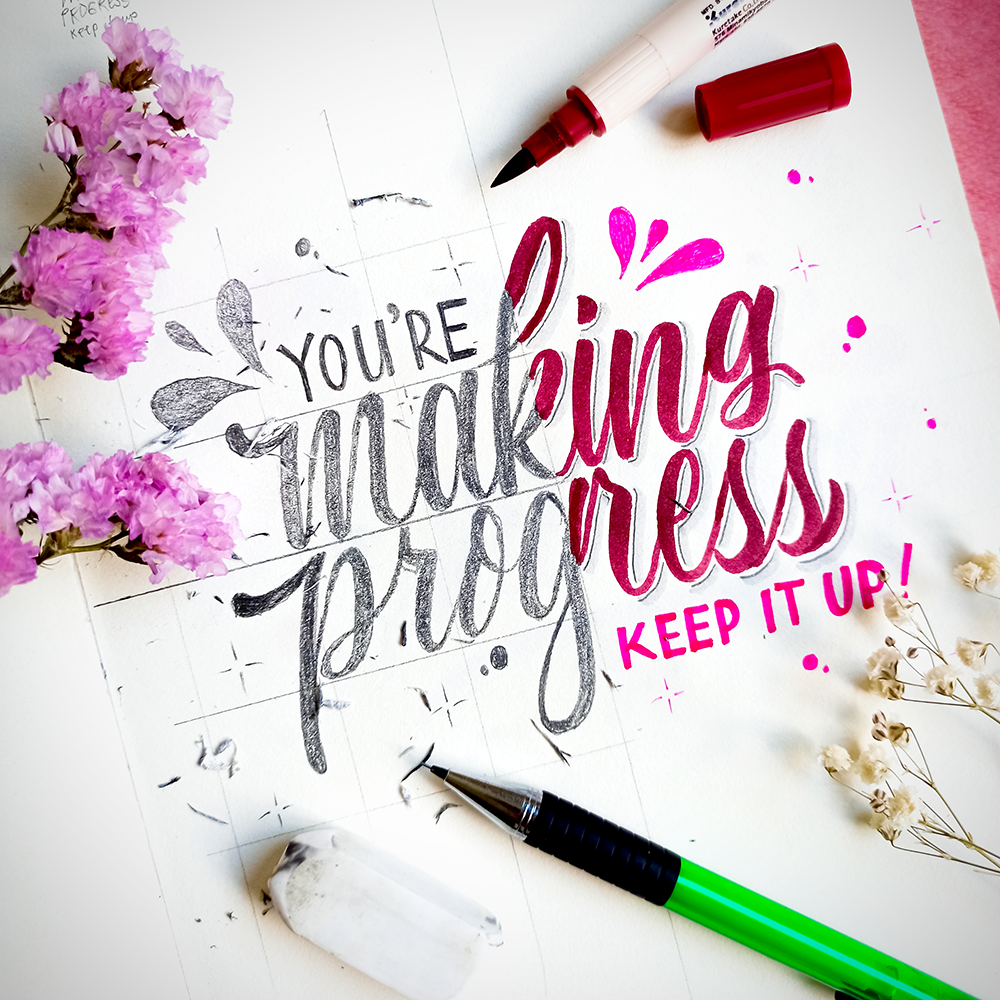
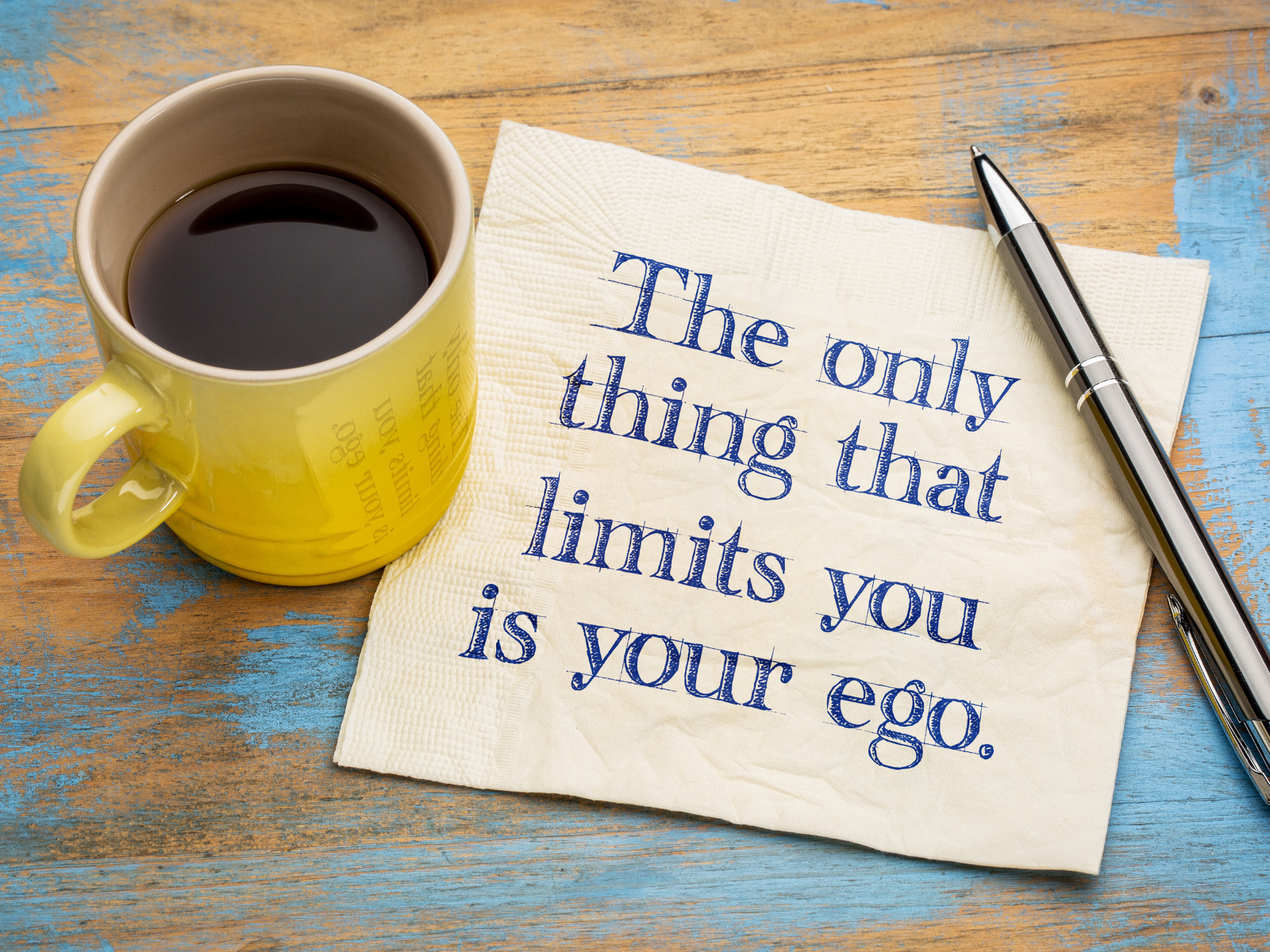
Strategies to Overcome Self-Doubt
Overcoming self-doubt isn't about eliminating it entirely but learning to manage it effectively.
Here are some tried-and-tested strategies:
- Embrace the Doubt: Remember, it's okay to doubt yourself. It means you're human and not a creativity robot. Use it as a tool to refine your ideas, not as a weapon to attack your self-worth.
- Challenge Self-Doubt: Awareness is the first step. When self-doubt creeps in, acknowledge it. Then challenge it. Are your doubts based on facts or just unfounded fears? Remember, everyone makes mistakes and experiences failure. It's part of the creative process.
- Practice Self-Belief: Shifting from self-doubt to self-belief is crucial. Start with small steps. Celebrate your little victories. Before you know it, you'll start believing in your creative abilities.
- Practice Positive Self-Talk: Replace negative thoughts with positive affirmations. Instead of saying, "I can't do this," say, "I'm learning and improving every day." This technique can help build confidence and reduce self-doubt.
- Set Achievable Goals: Start with small, achievable goals. Completing these will boost your confidence and motivation. As quoted by Mark Twain, "The secret of getting ahead is getting started."
- Set Self-Determined Deadlines: Setting deadlines can improve task performance. So, set realistic deadlines for your creative projects and stick to them.
- Surround Yourself with Positivity: Seek out people who support and encourage your creativity. They can help you stay motivated and provide constructive feedback.
- Embrace Failure as a Learning Opportunity: Thomas Edison once said, "I have not failed. I've just found 10,000 ways that won't work." Instead of fearing failure, see it as an opportunity to learn and grow.
- Practice Self-Compassion: When we experience self-doubt, it's easy to be harsh on ourselves and spiral into a cycle of negative thinking. Instead, treat yourself with kindness and understanding; try talking to yourself as you
- Take Breaks: Don't forget to take breaks when you feel overwhelmed. Sometimes, a change of scenery or a short break can help clear your mind and improve your productivity.
- Remember Your Why: Lastly, remember why you started creating in the first place. Was it to express yourself, connect with others, or simply bring joy into your life? Keep this in mind during moments of self-doubt to help reignite your passion and keep you motivated.
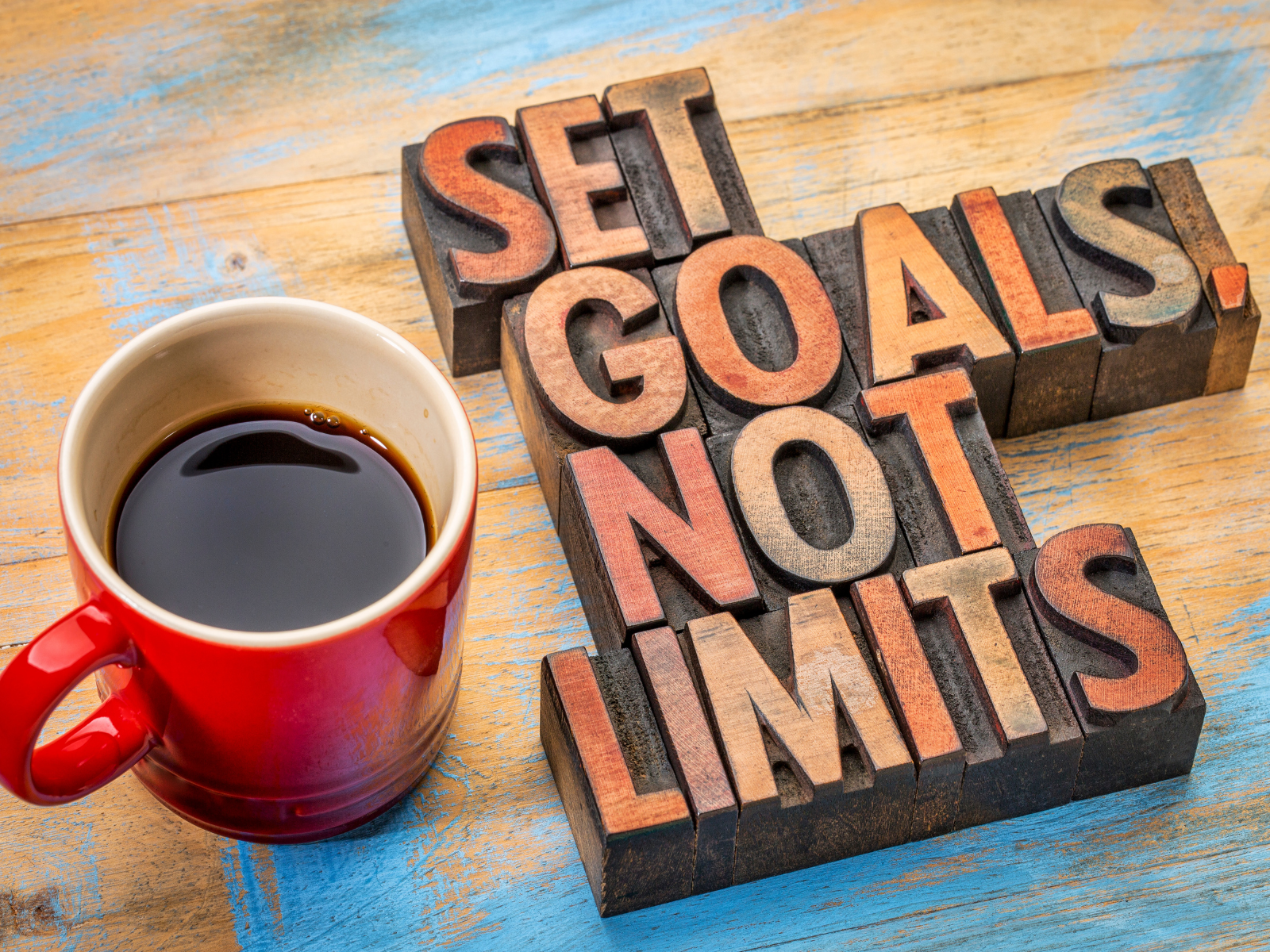
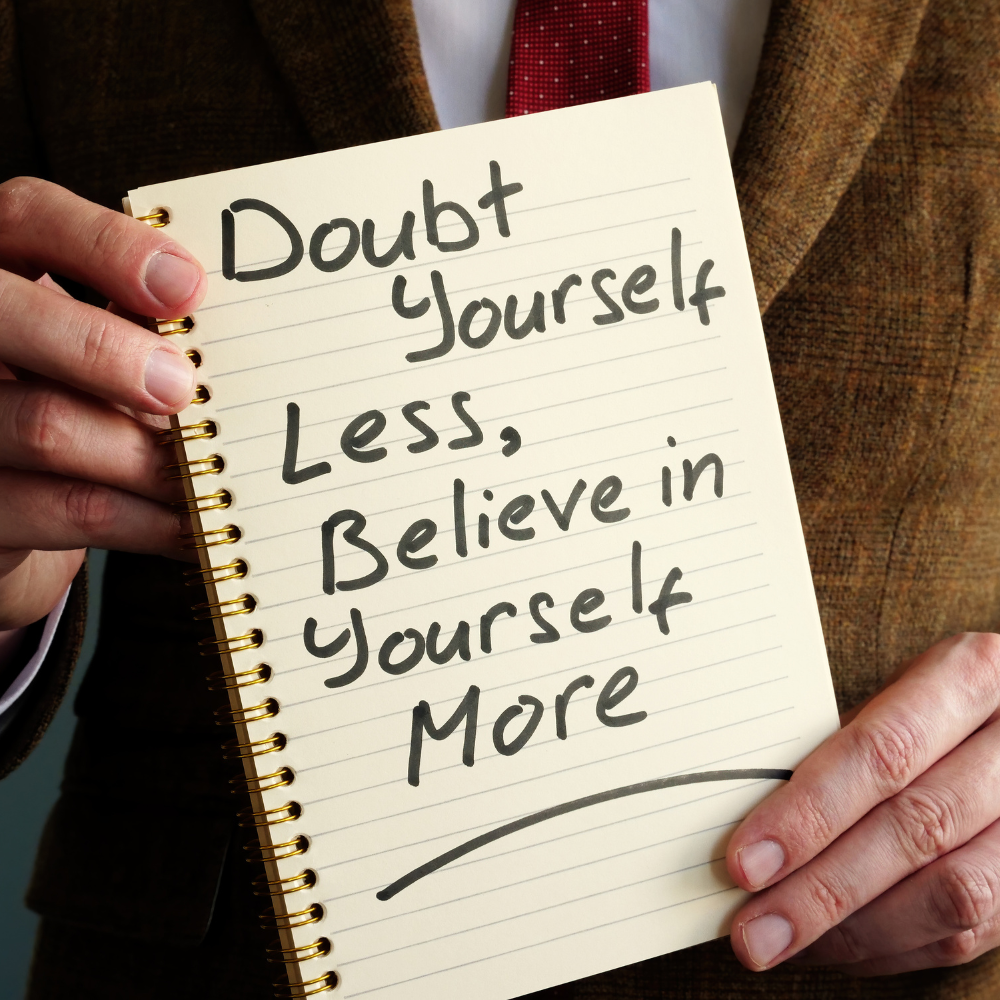
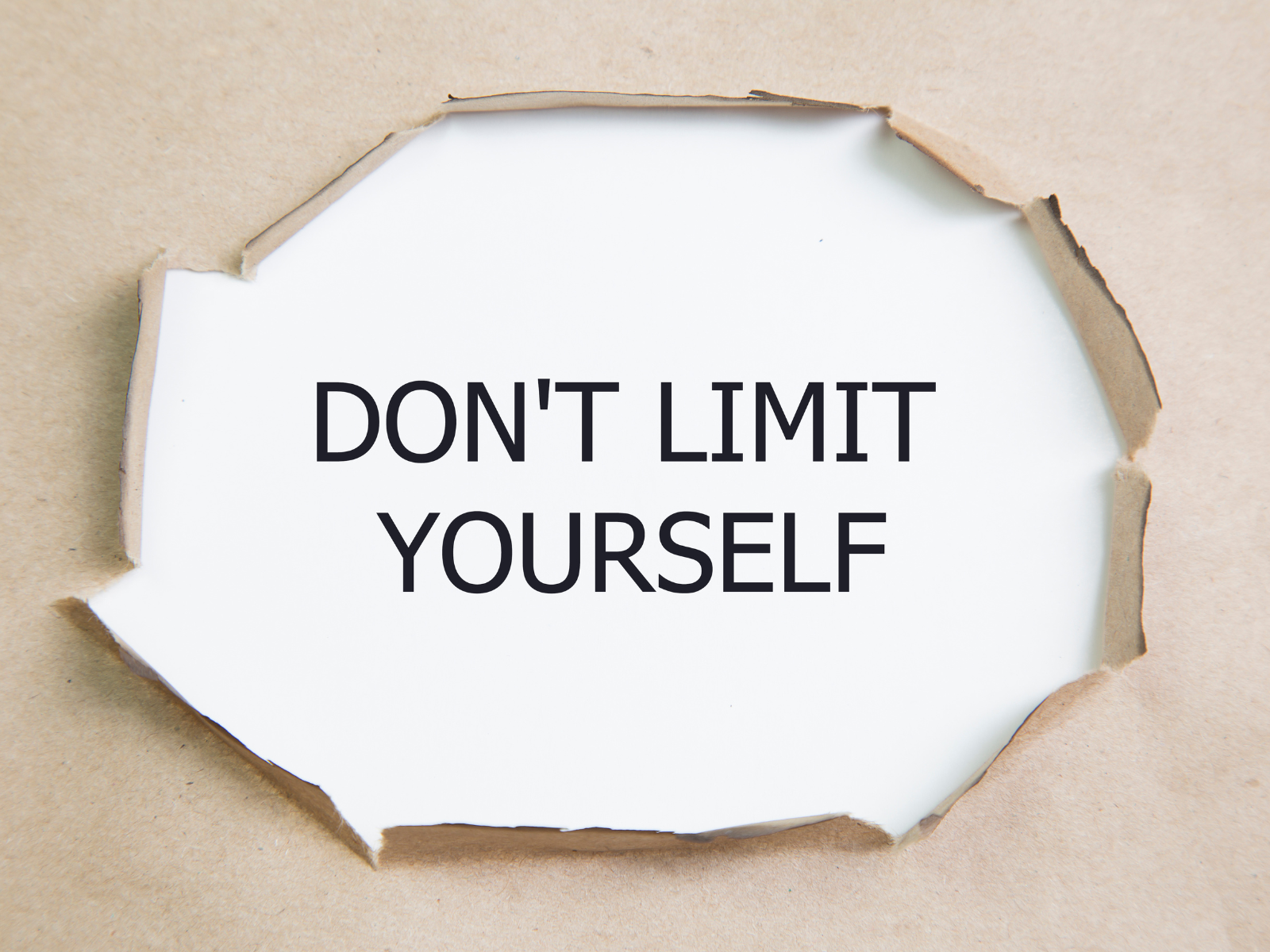
Tools to Boost Creativity
When self-doubt clouds our creative juices, tools and exercises can help clear the fog.
Here are some practical methods:
- Brainstorming Techniques: Techniques like mind mapping, rapid ideation, or SCAMPER (Substitute, Combine, Adapt, Modify, Put to another use, Eliminate, Reverse) can stimulate creativity and push past mental blocks.
- Creative Exercises: Activities like doodling, free writing, or 'creative dates'—spending time alone doing something fun and inspiring—can spark creativity.
- Vision Boarding: Visualization is a powerful tool. Create a vision board filled with images and words that represent your creative goals and aspirations. This can help reinforce your in your subconscious mind, making you more likely to achieve them.
- Morning Pages: Writing stream-of-consciousness thoughts first thing in the morning can clear your mind and improve creativity throughout the day.
- Meditation/ Mindfulness: Taking a few minutes to relax and focus on the present moment can help reduce self-doubt and increase creativity.
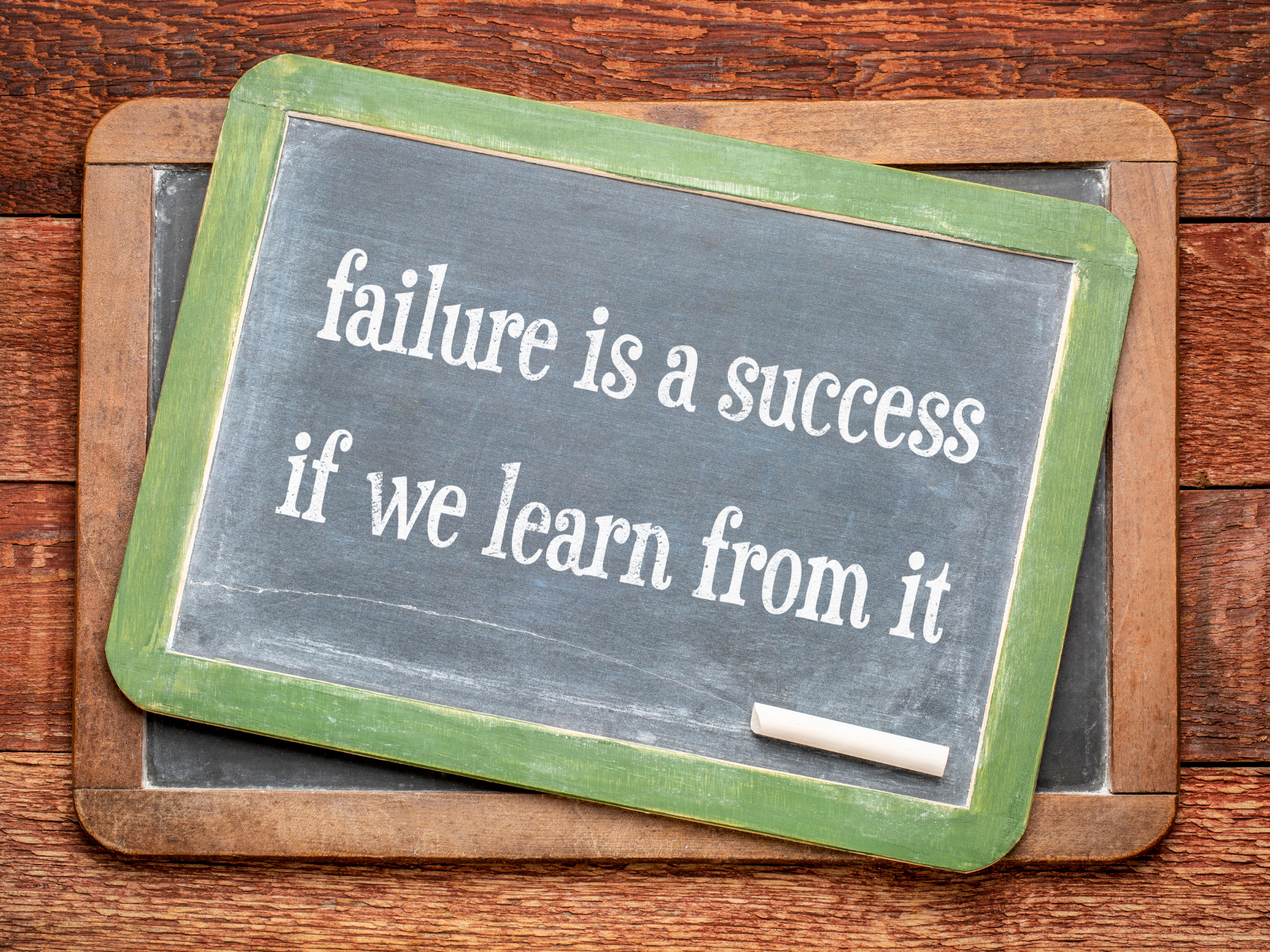
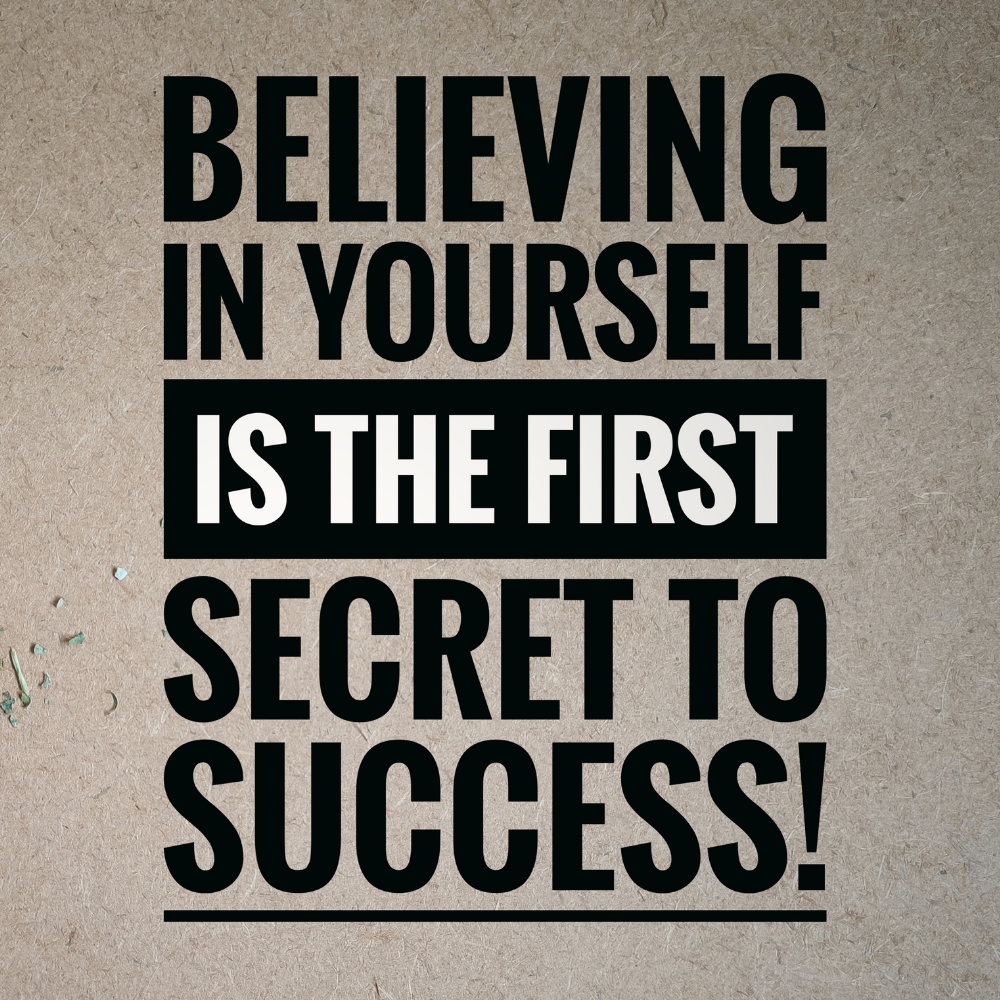
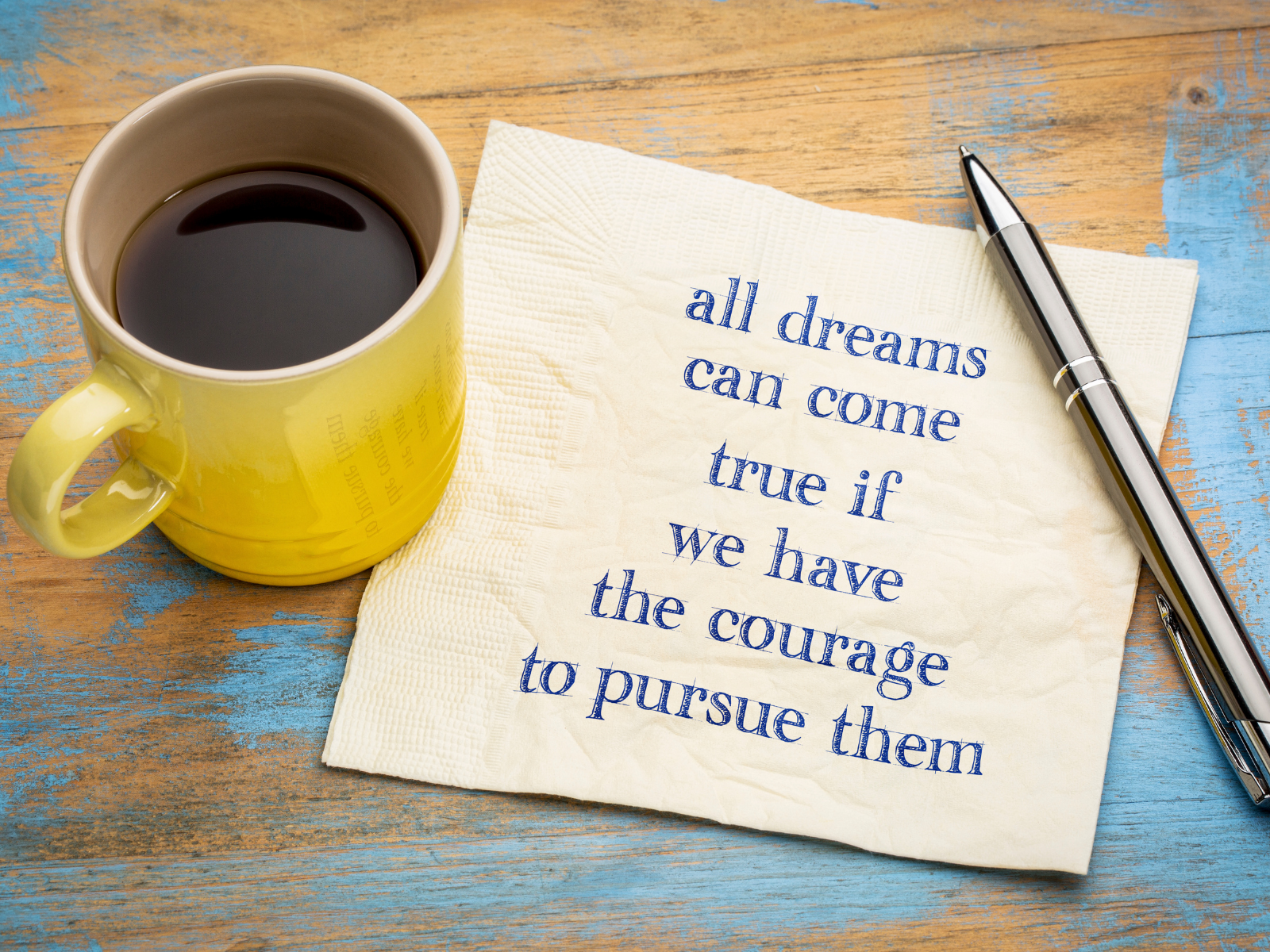
Embrace Your Unique Creative Voice
Finally, remember that creativity is subjective.
There's no one right way to create; what matters most is that you embrace and cultivate your unique creative voice.
Don't let self-doubt stifle your creativity; instead, use it as a tool to refine and improve your work.
Believe in yourself, take small steps forward, and celebrate the journey of creating.
Together, we can embrace our inner artist and overcome the self-doubt monster once and for all!
Join us on this exciting creative journey, and let's make something amazing.
The world is waiting for your unique voice, so go forth and create fearlessly!
Creativity knows no bounds; it's a never-ending process of creative expression and exploration.
So, don't be afraid to take risks and think outside the box.
Embrace your mistakes and learn from them.
As the saying goes, "A smooth sea never made a skilled sailor."
Each creative journey is unique, and self-doubt is just a small bump in the road.
But with determination, resilience, and a supportive community of fellow creatives, you can overcome any obstacle and create something truly exceptional!
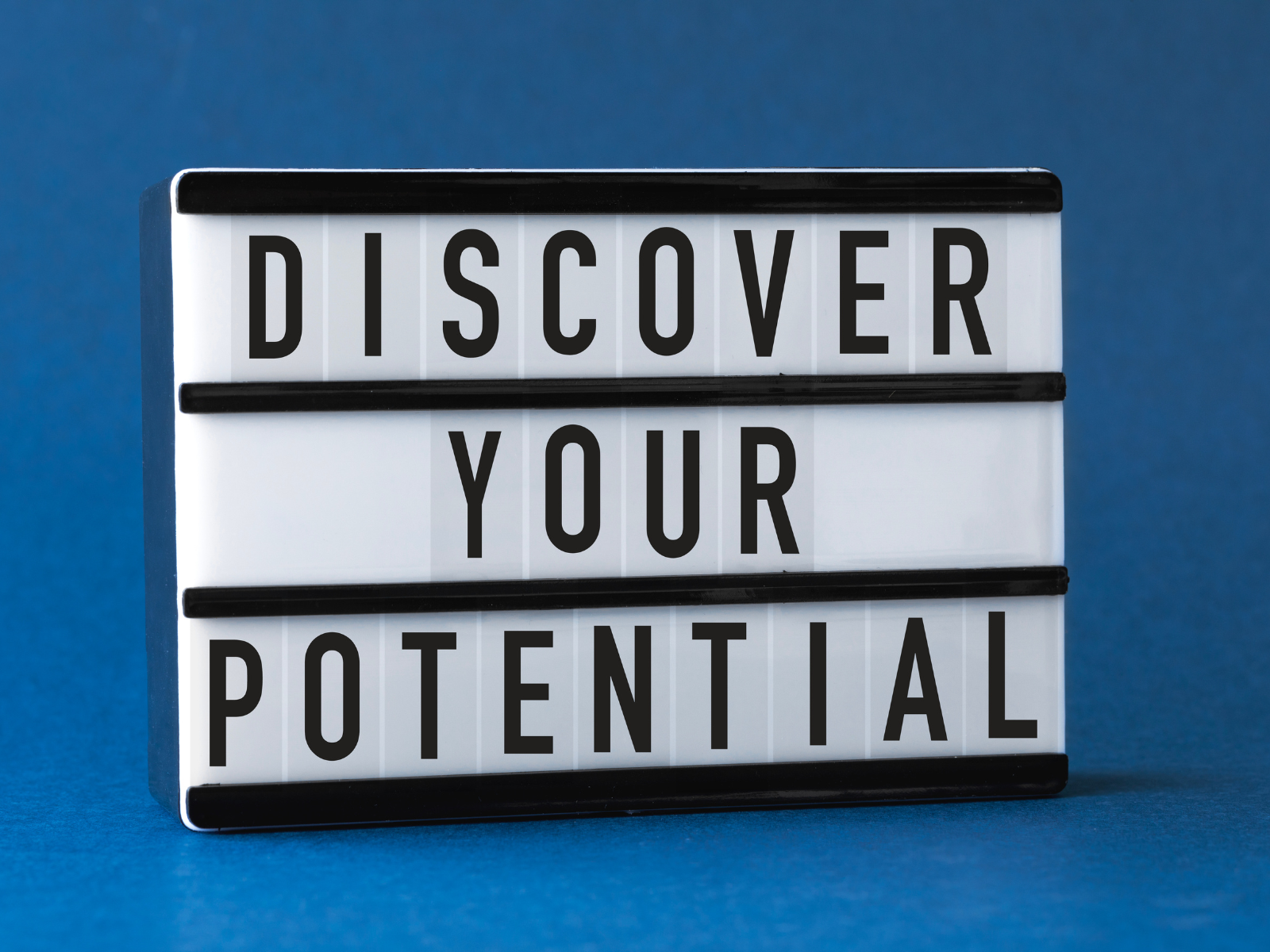

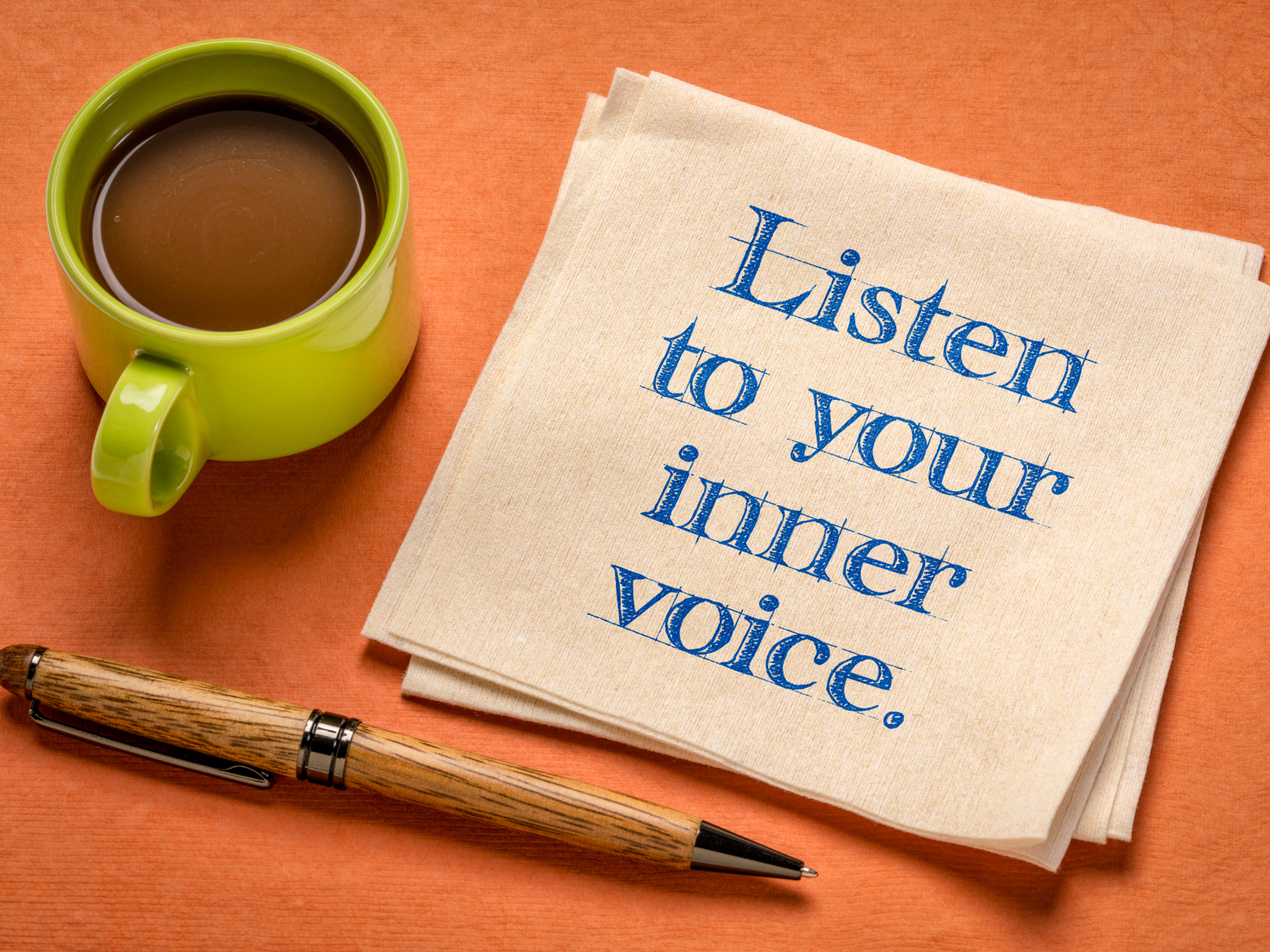
Self-Doubt: Adversary of Creativity
Creativity is not just about skill, but also about mindset; the biggest barrier to creativity is not talent, time, or even motivation – it's self-doubt.
It's something that everyone struggles with from time to time but overcoming it is crucial.
Self-doubt is a formidable adversary, but it doesn't have to be a creativity killer.
With understanding, actionable strategies, and practical tools, we can navigate the choppy waters of self-doubt and sail towards our creative potential.
By increasing your self-awareness, challenging negative thoughts, seeking feedback, and taking action, you can overcome self-doubt and unleash your creativity.
Remember that creativity is a journey, and self-doubt is just one of the many stops along the way.
Embrace your unique voice, trust in yourself and your abilities, and never stop creating; don't let self-doubt steal your creative potential – push through it and create something amazing!
Let's embrace our imperfections, silence the whispers of self-doubt, and allow our creativity to shine brightly.
After all, as Vincent Van Gogh said, "If you hear a voice within you say 'you cannot paint,' then by all means paint, and that voice will be silenced."
So, the next time self-doubt comes knocking, don't hide under the bed.
Open the door, offer it a cup of tea, have a chat, and then kindly show it the exit.
After all, you've got creativity to unleash!
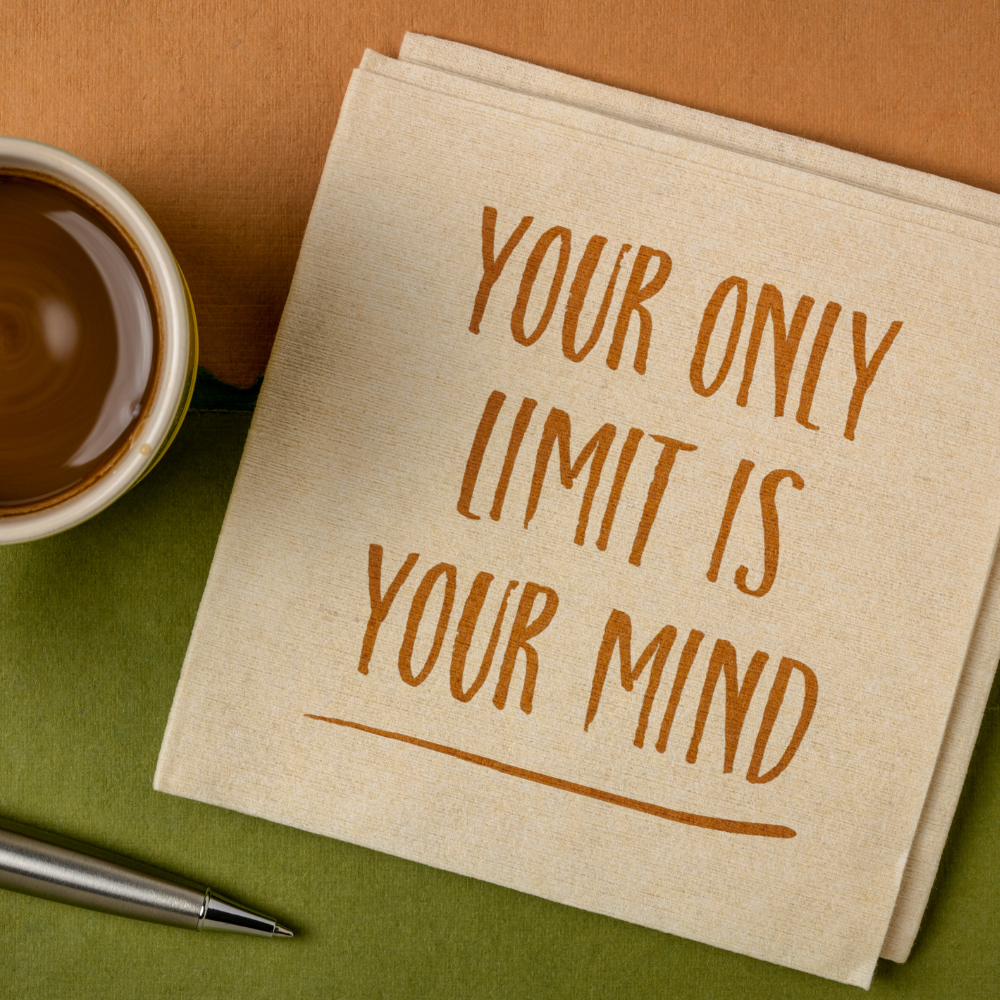
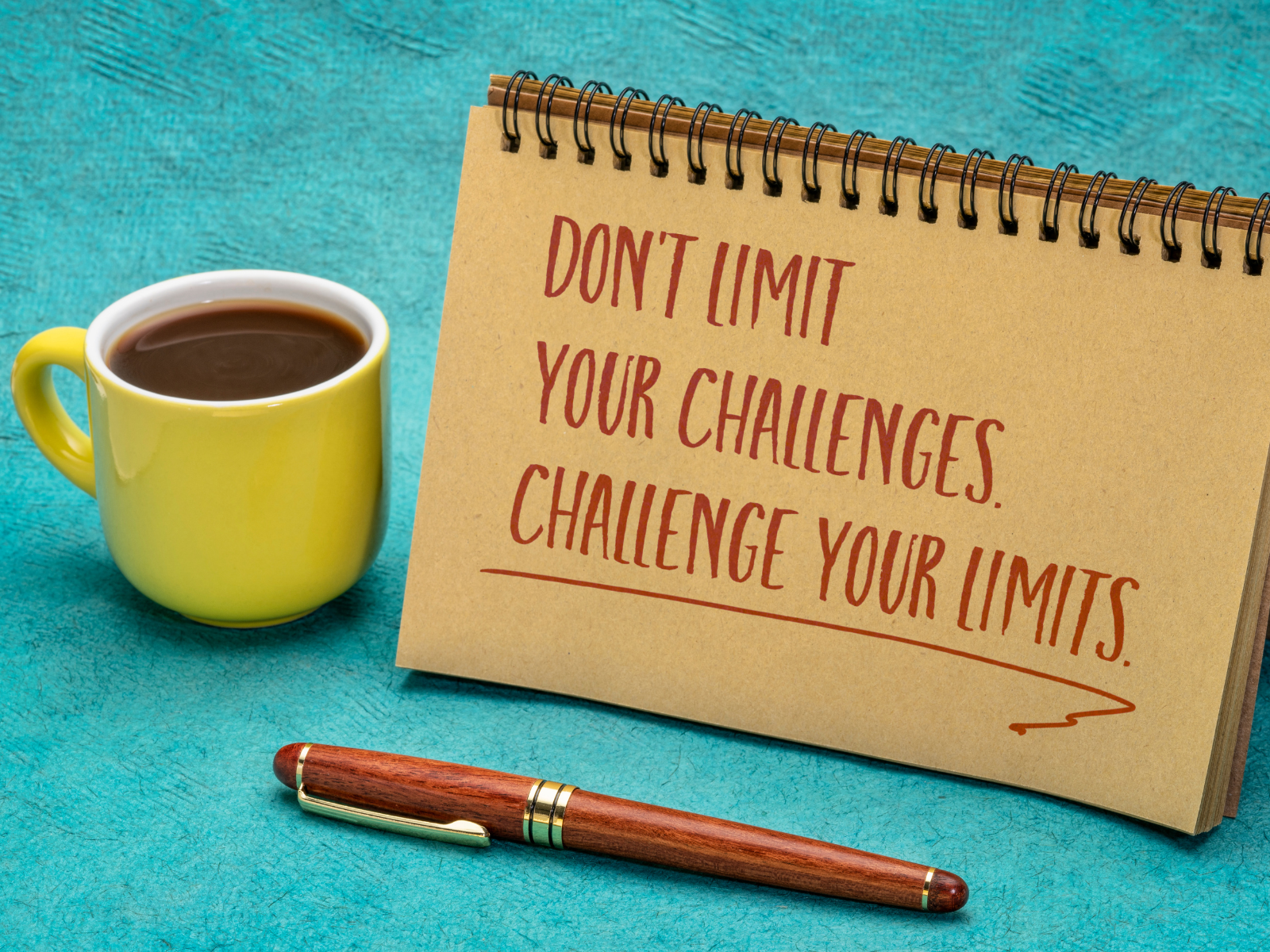
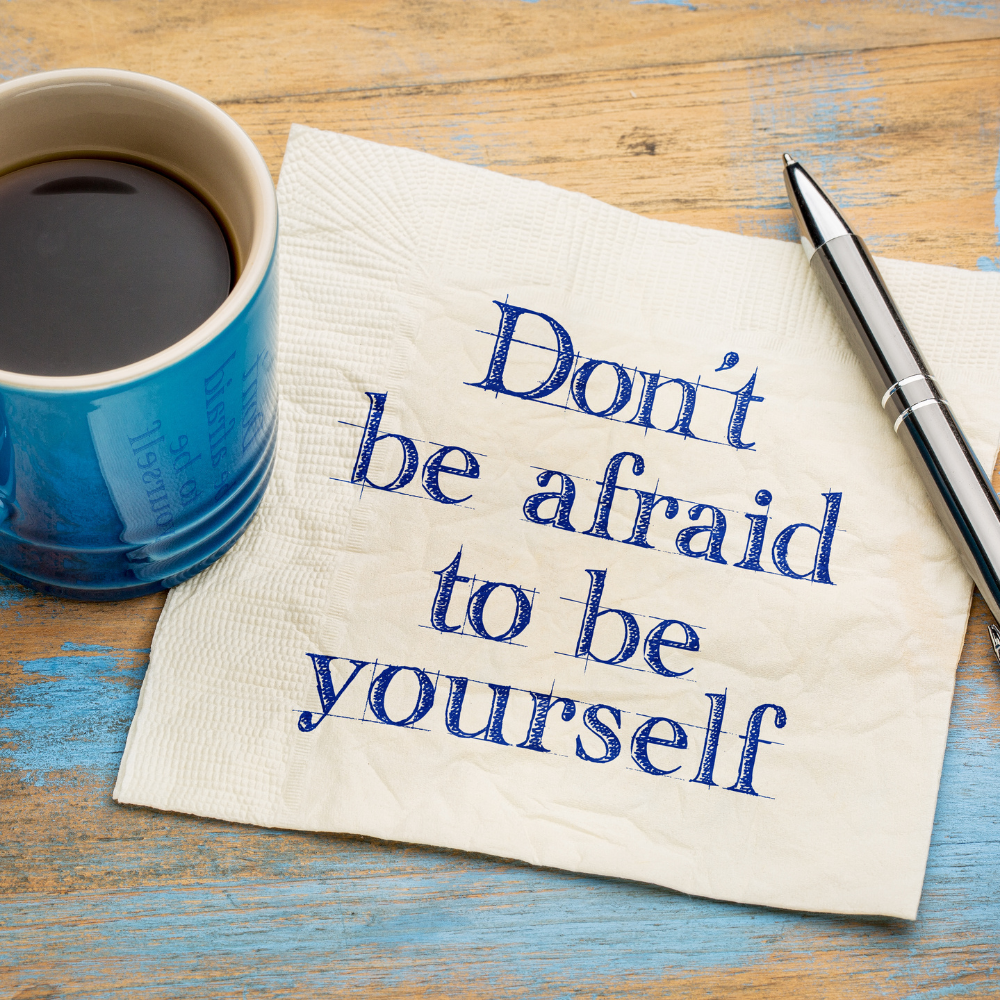
Eager to hear professional artists discuss self-doubt? Check out Creative Minds' video!
Want even more content about creativity and art?
Be sure to check out all of our creative chronicles!
Eager to explore your creativity?
Check out some of our other articles:
